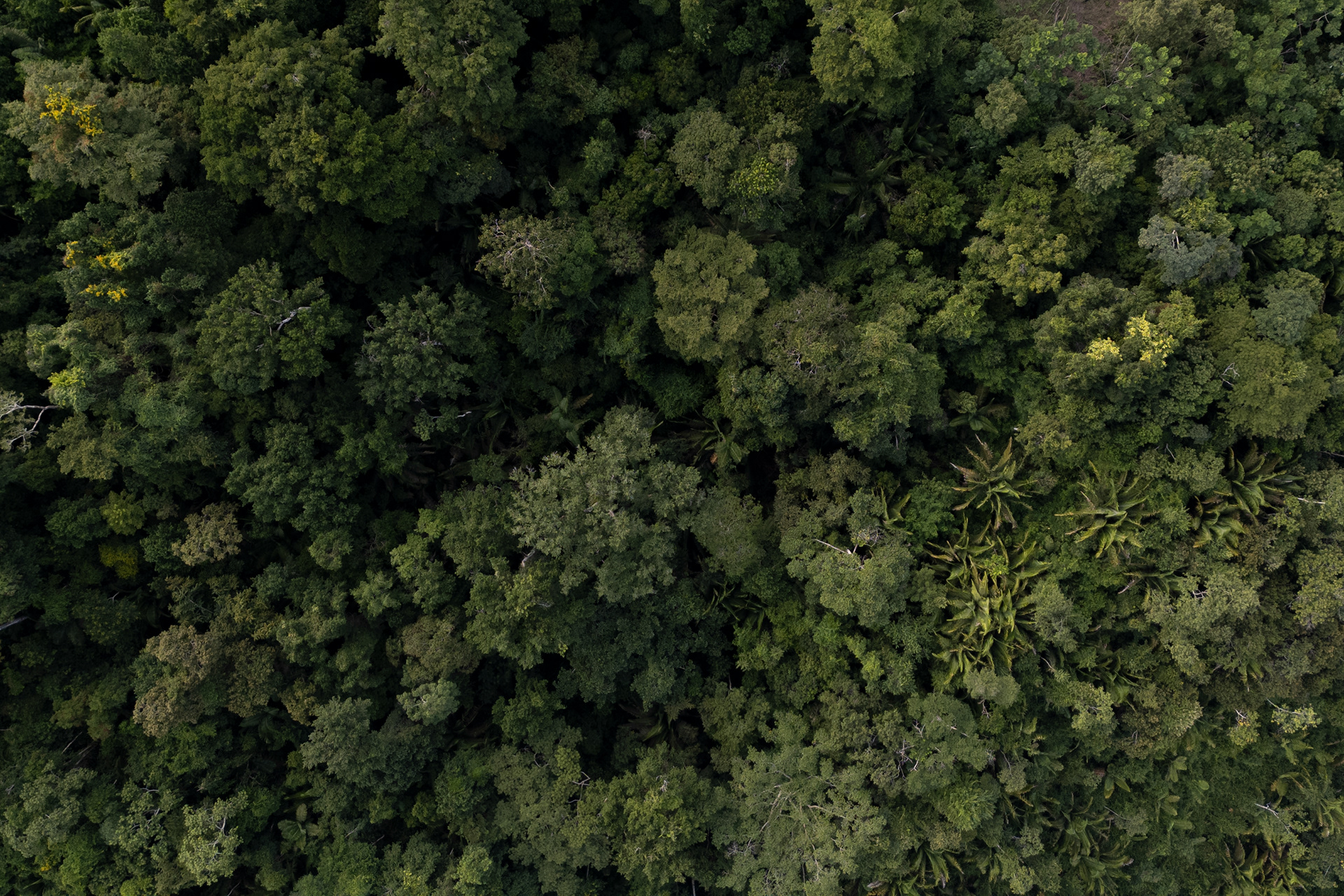
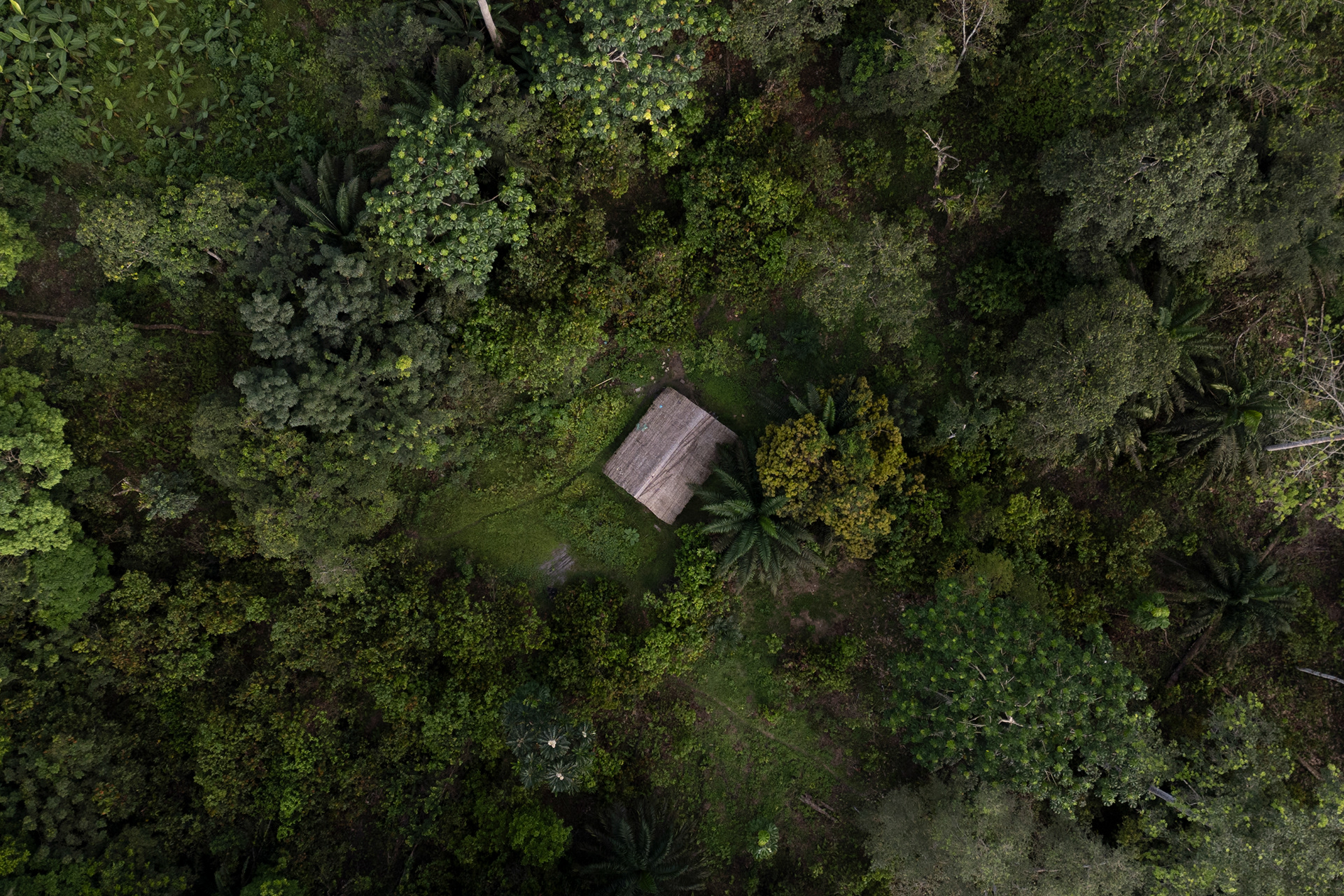
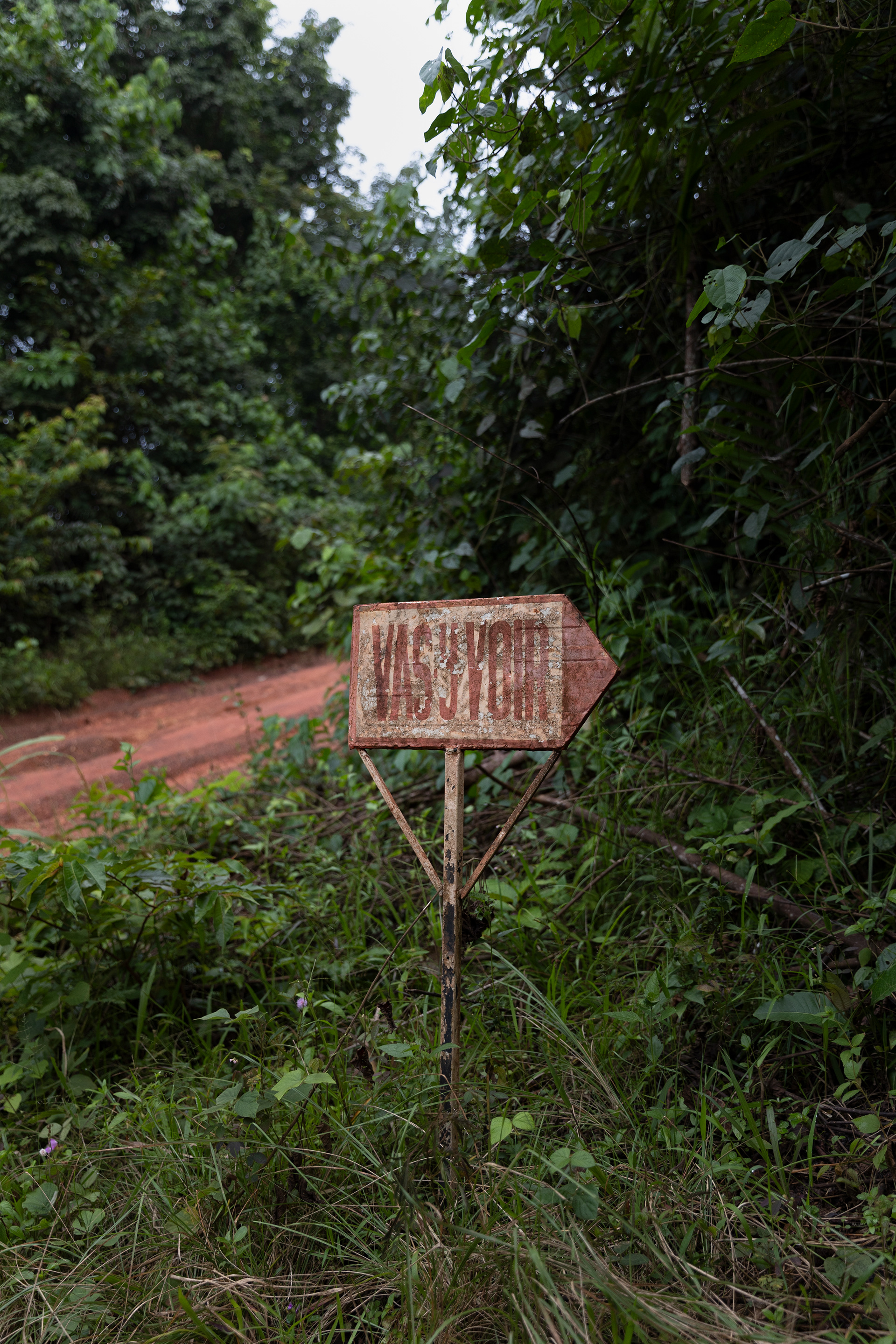
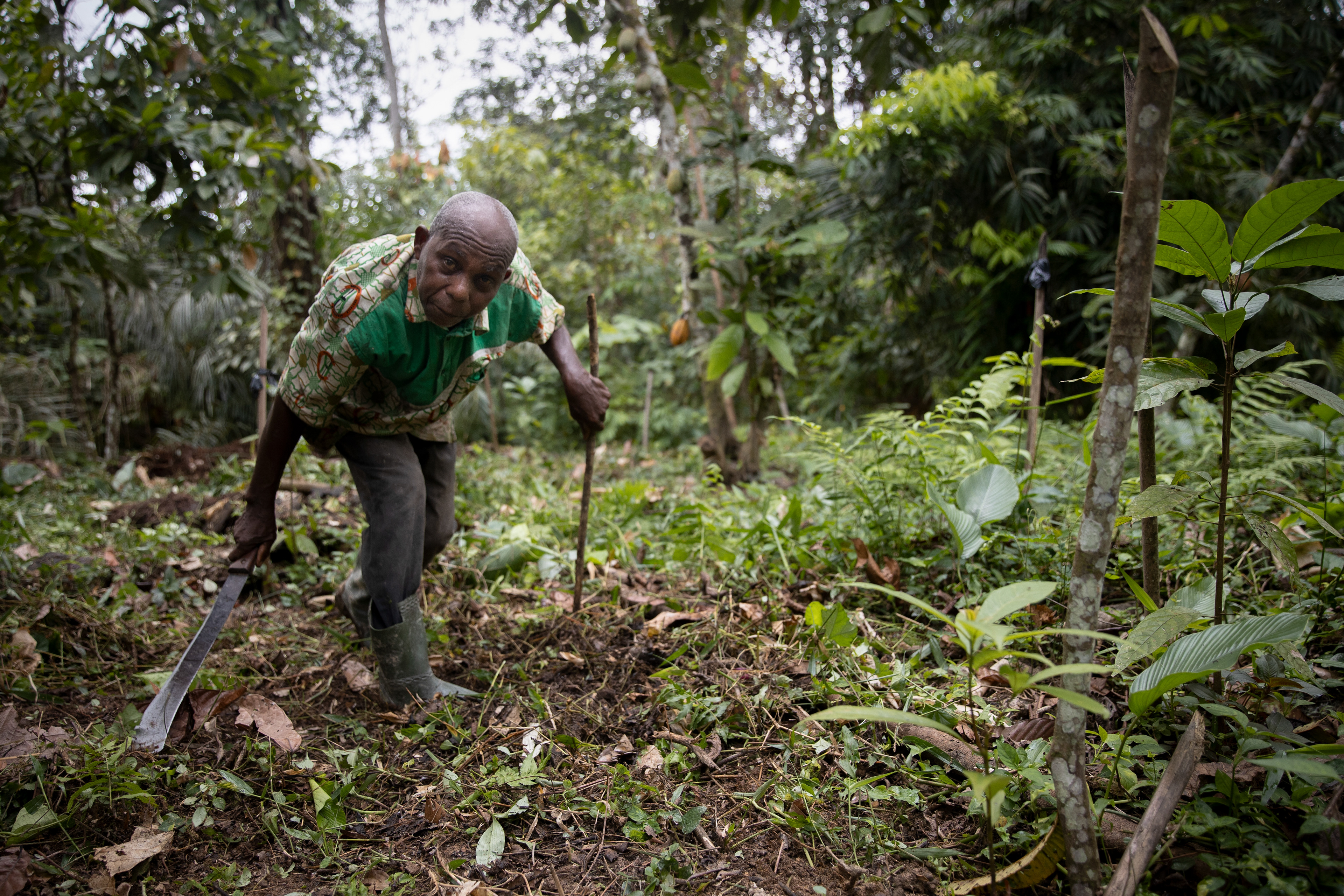
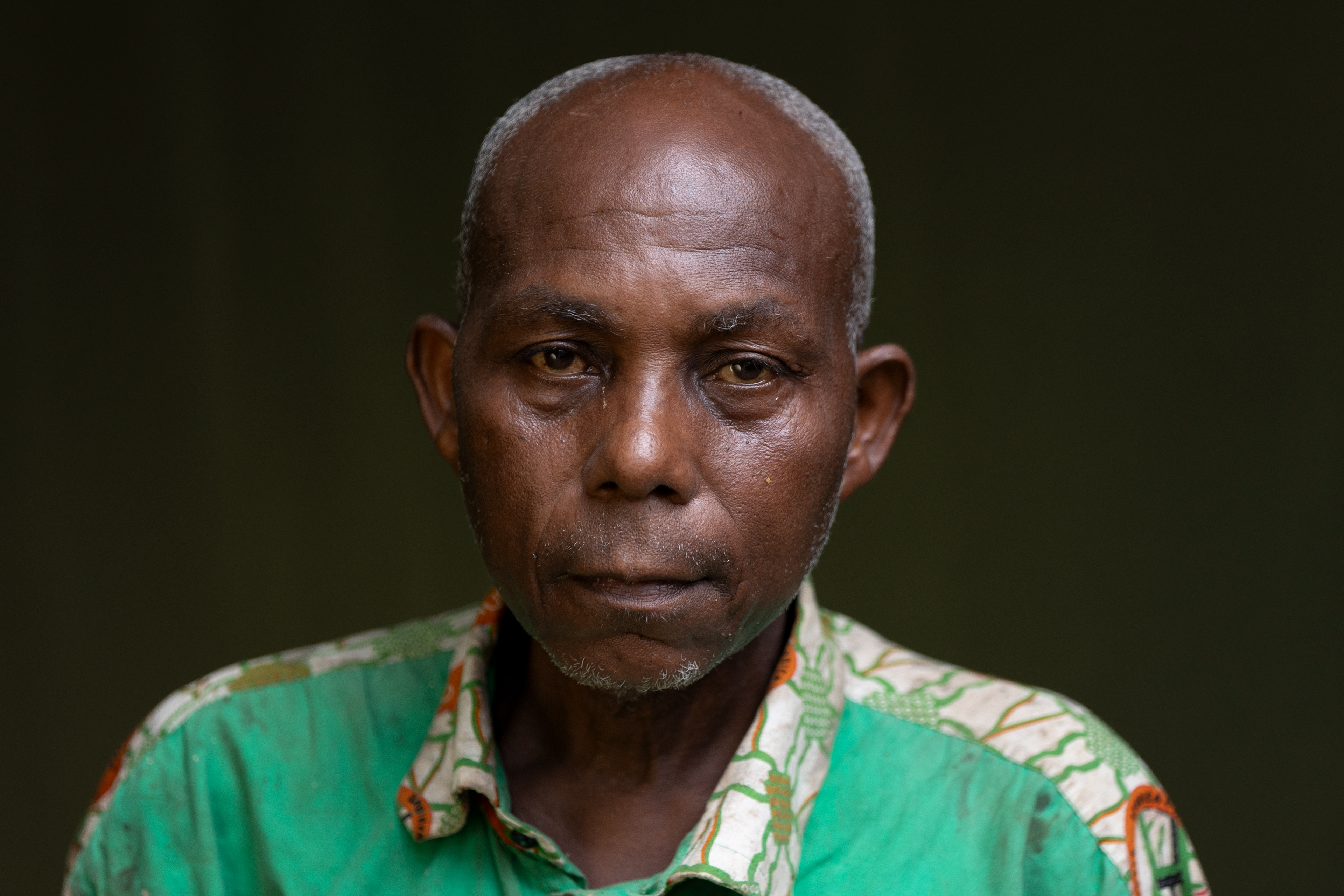
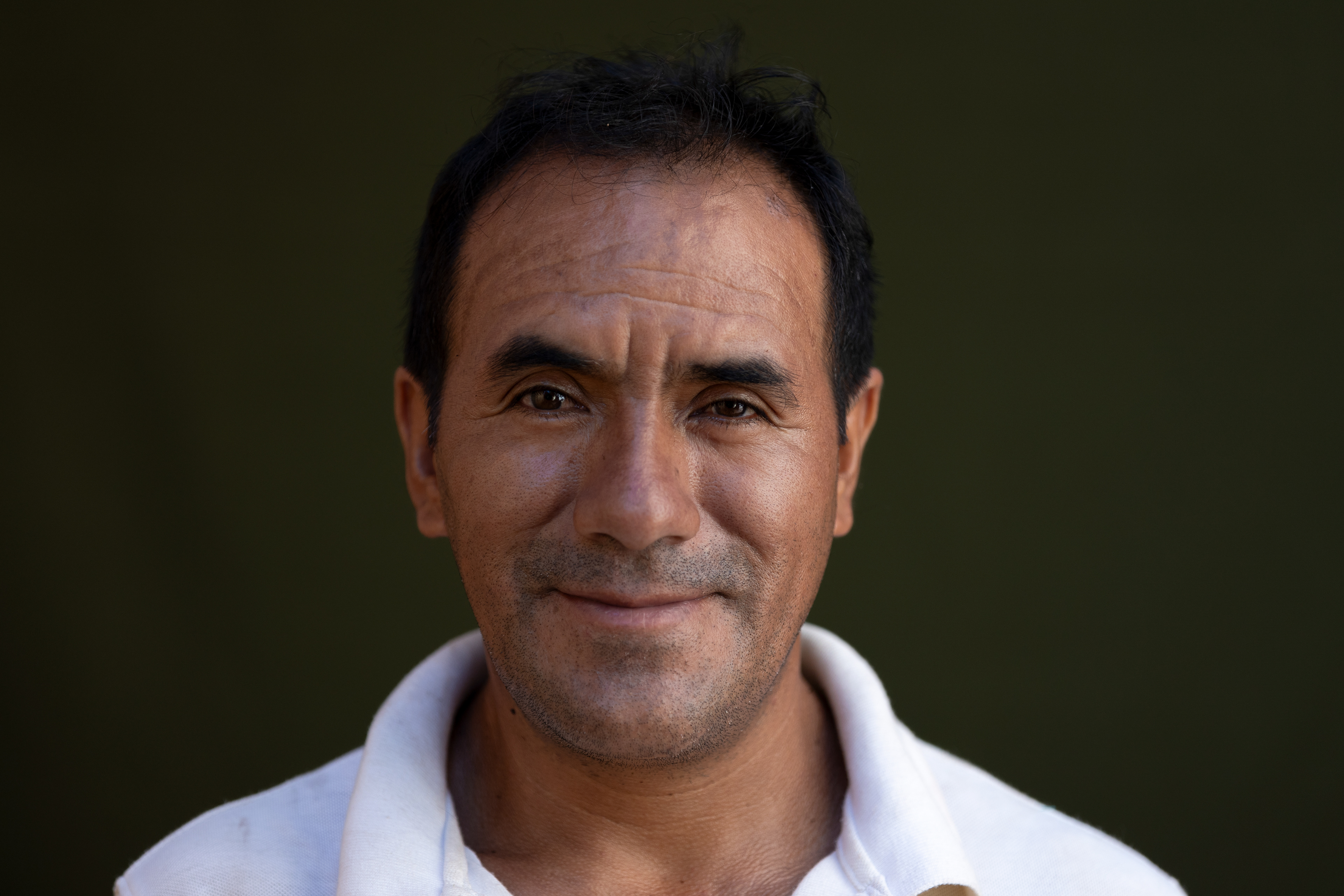
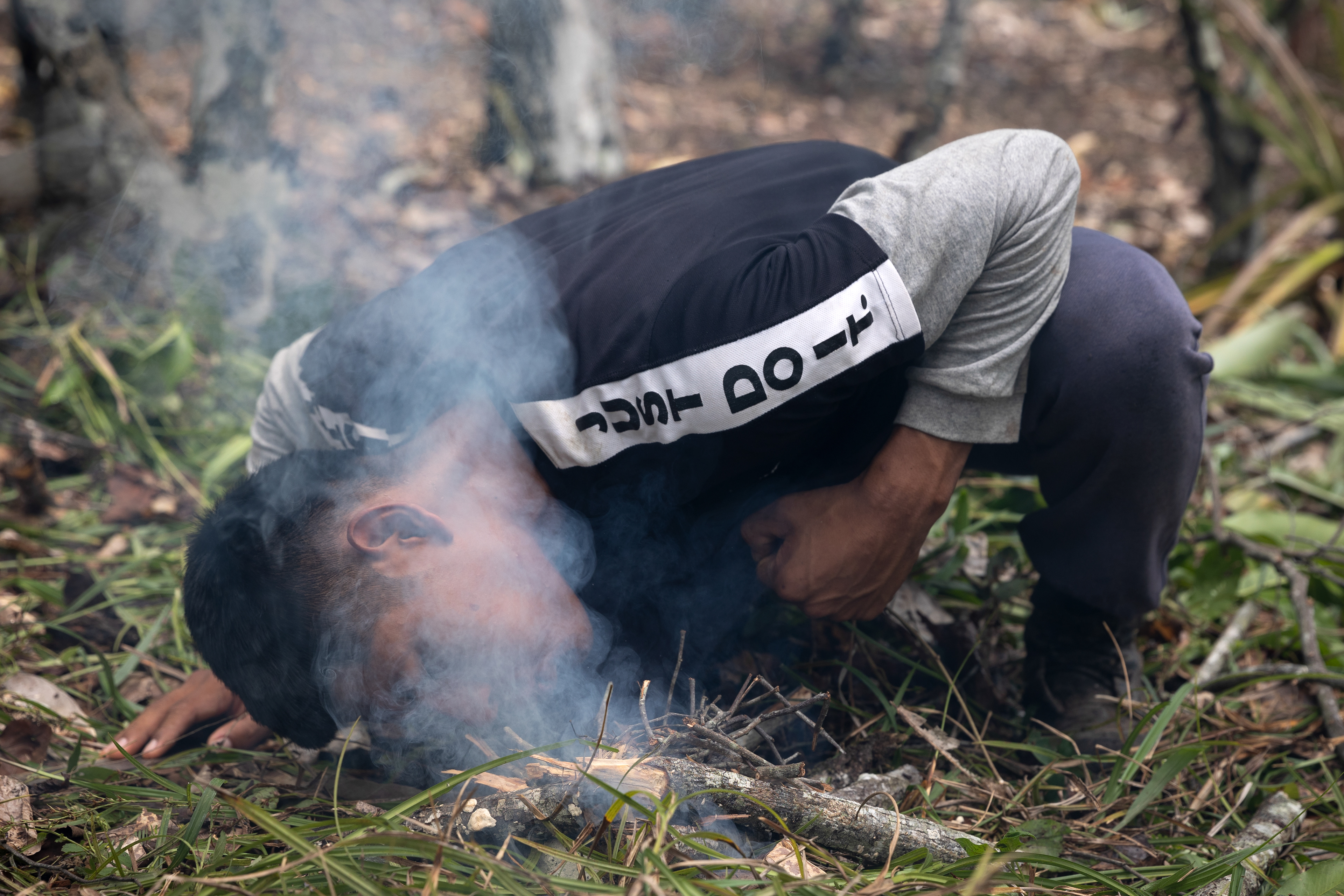
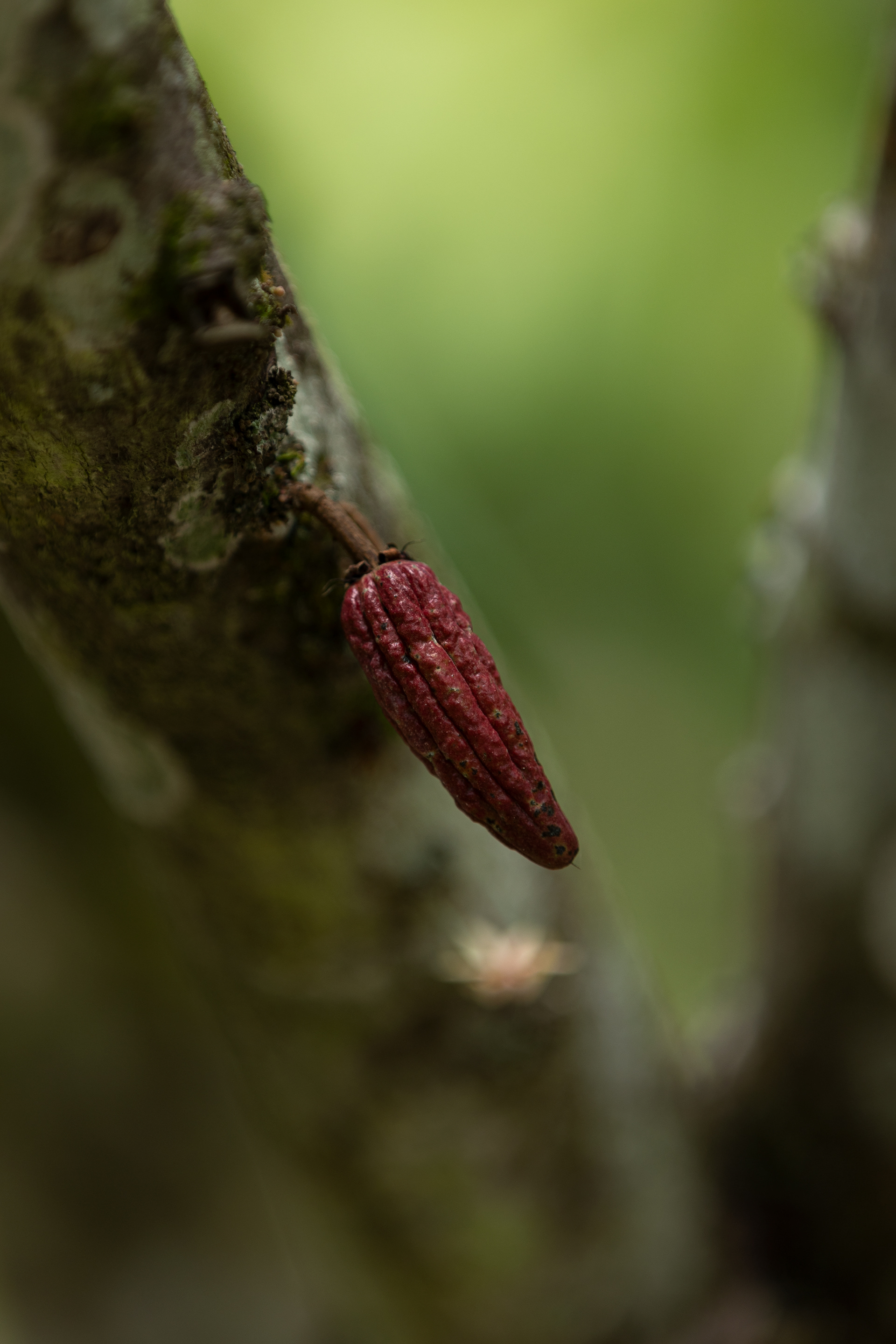
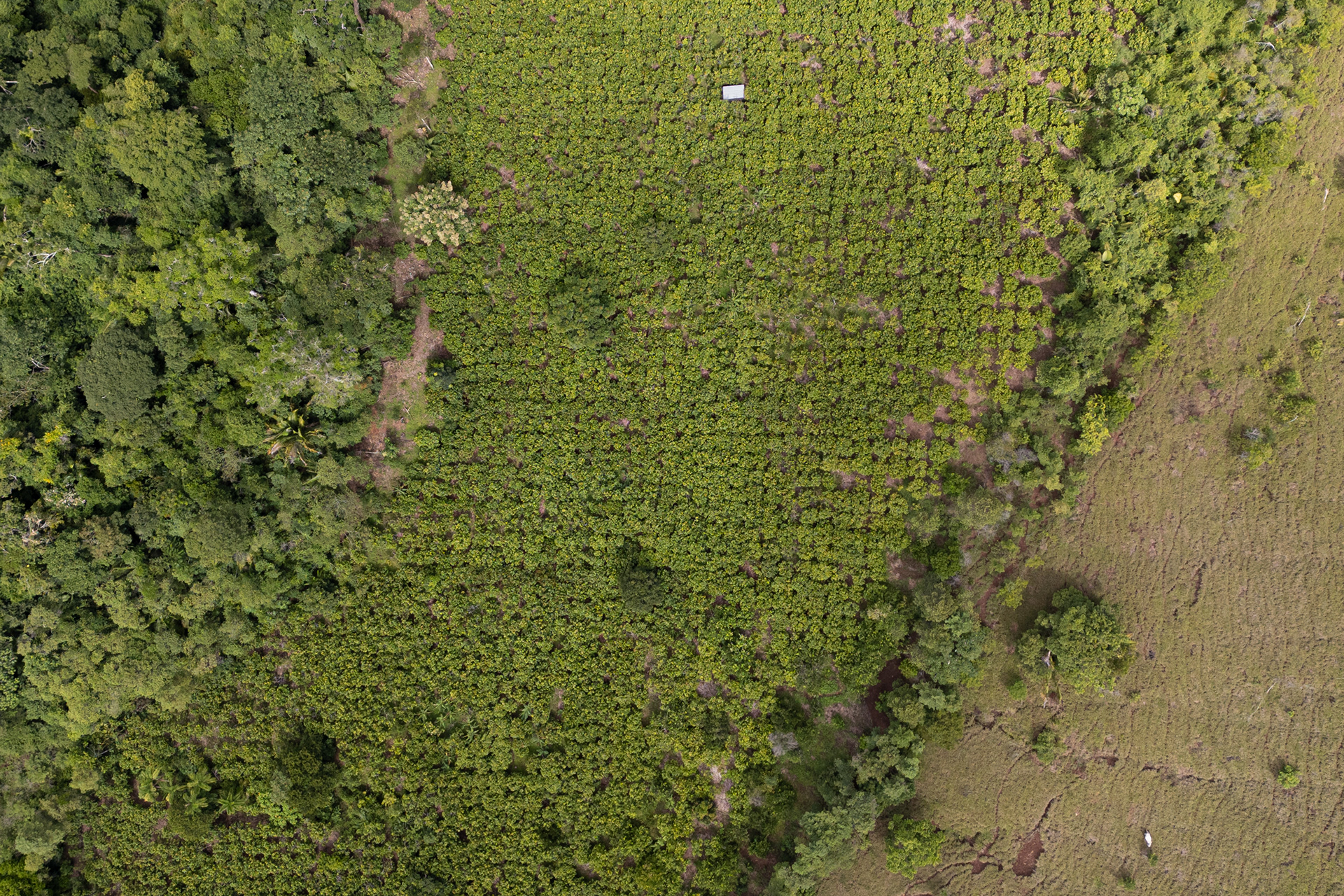
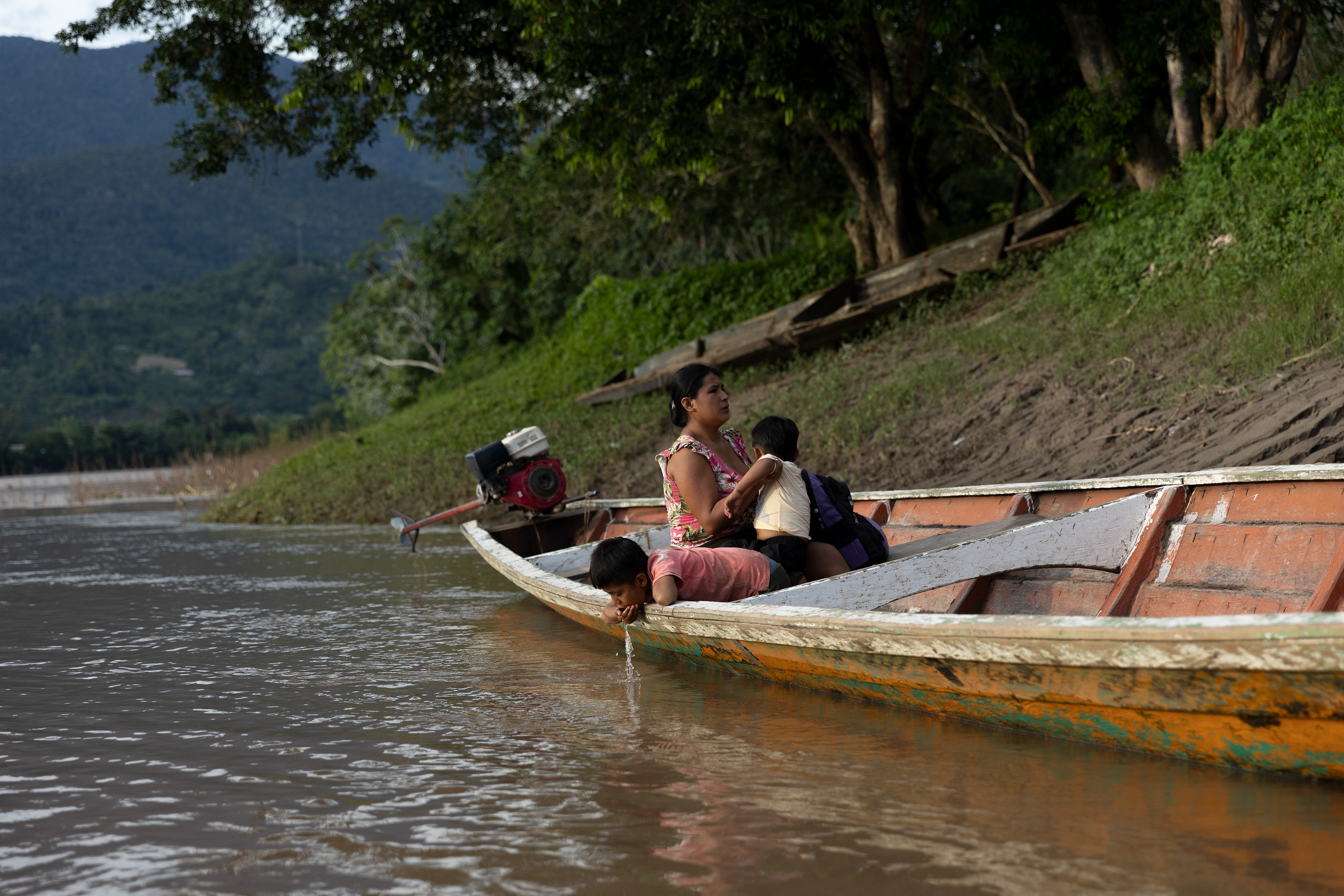
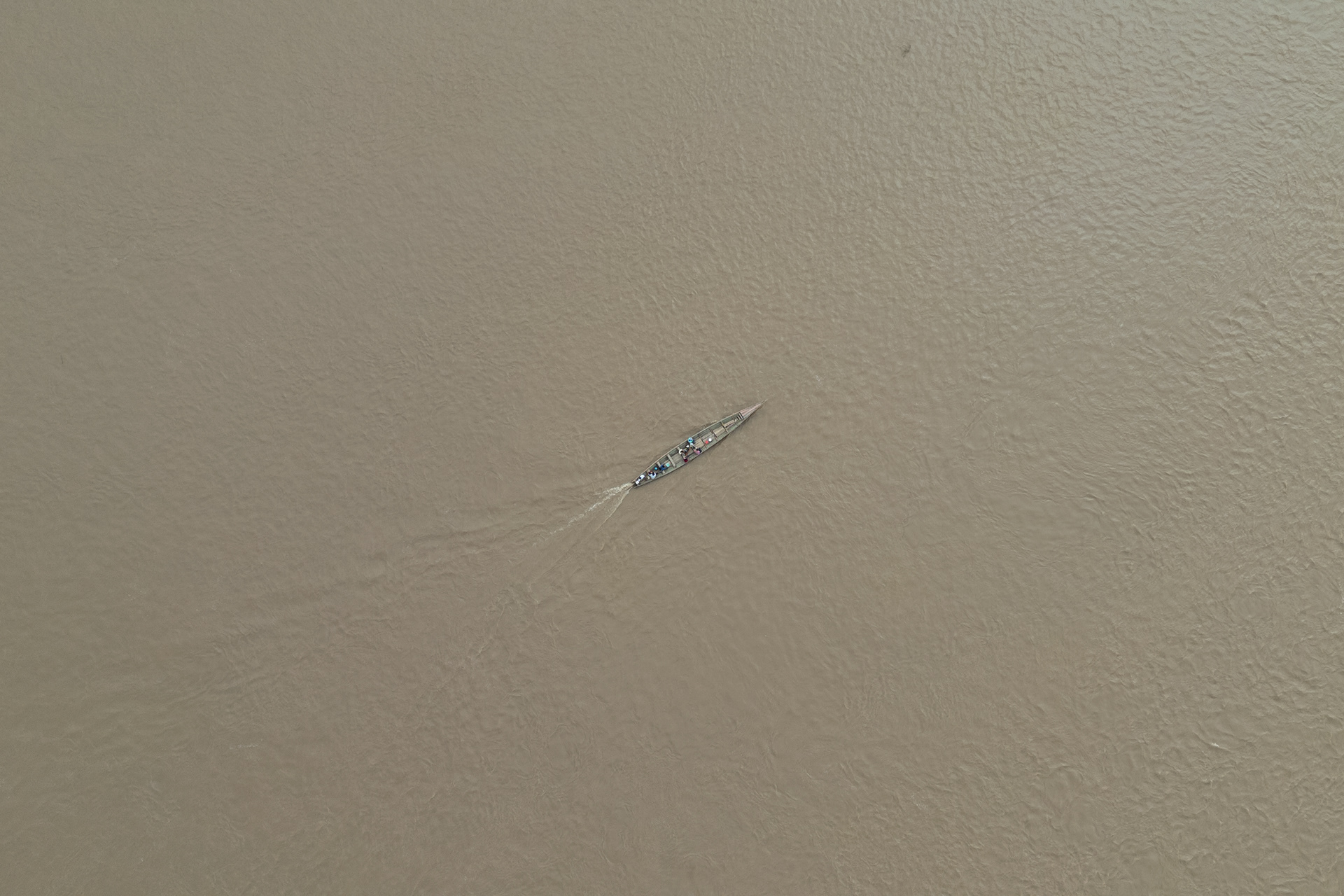
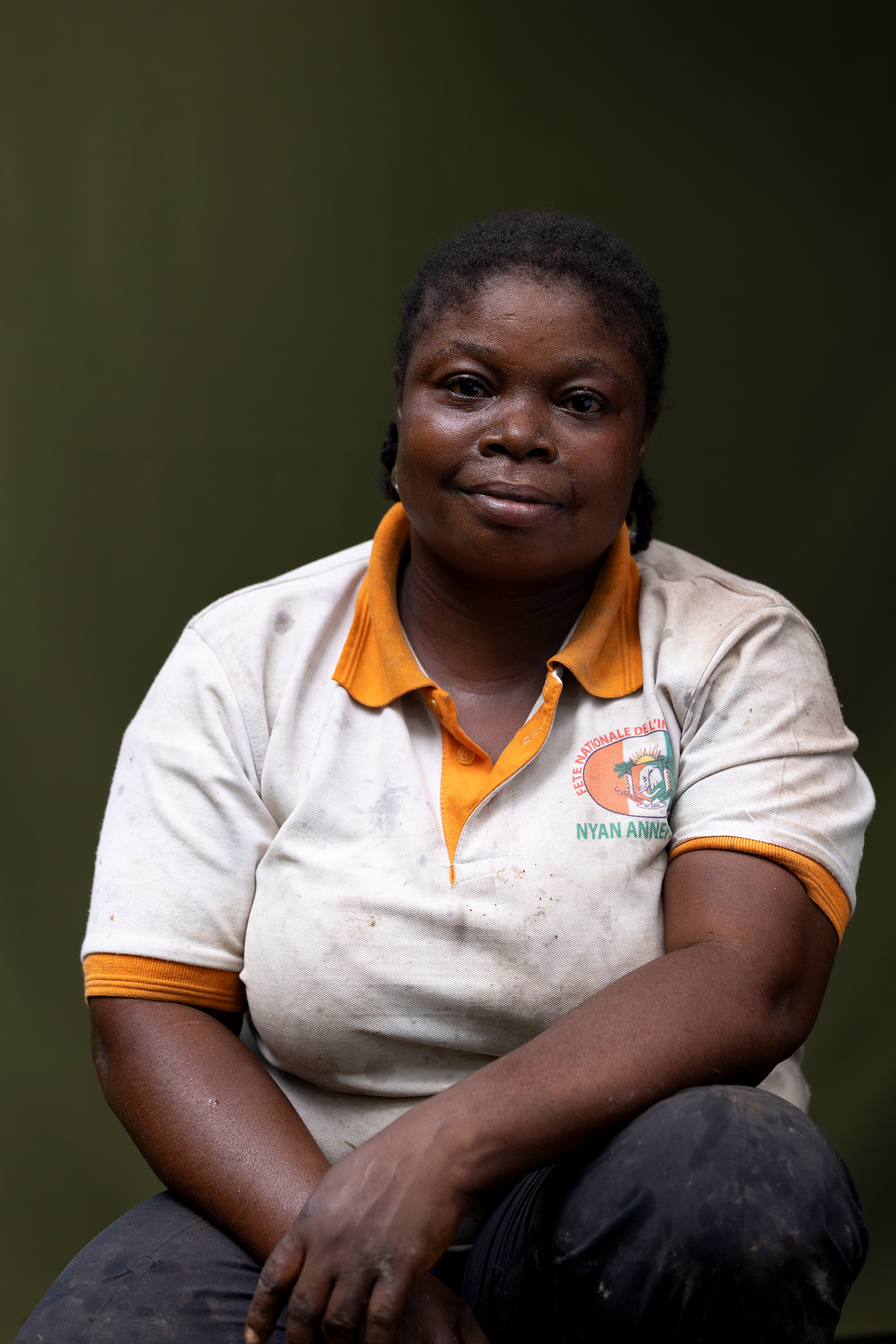
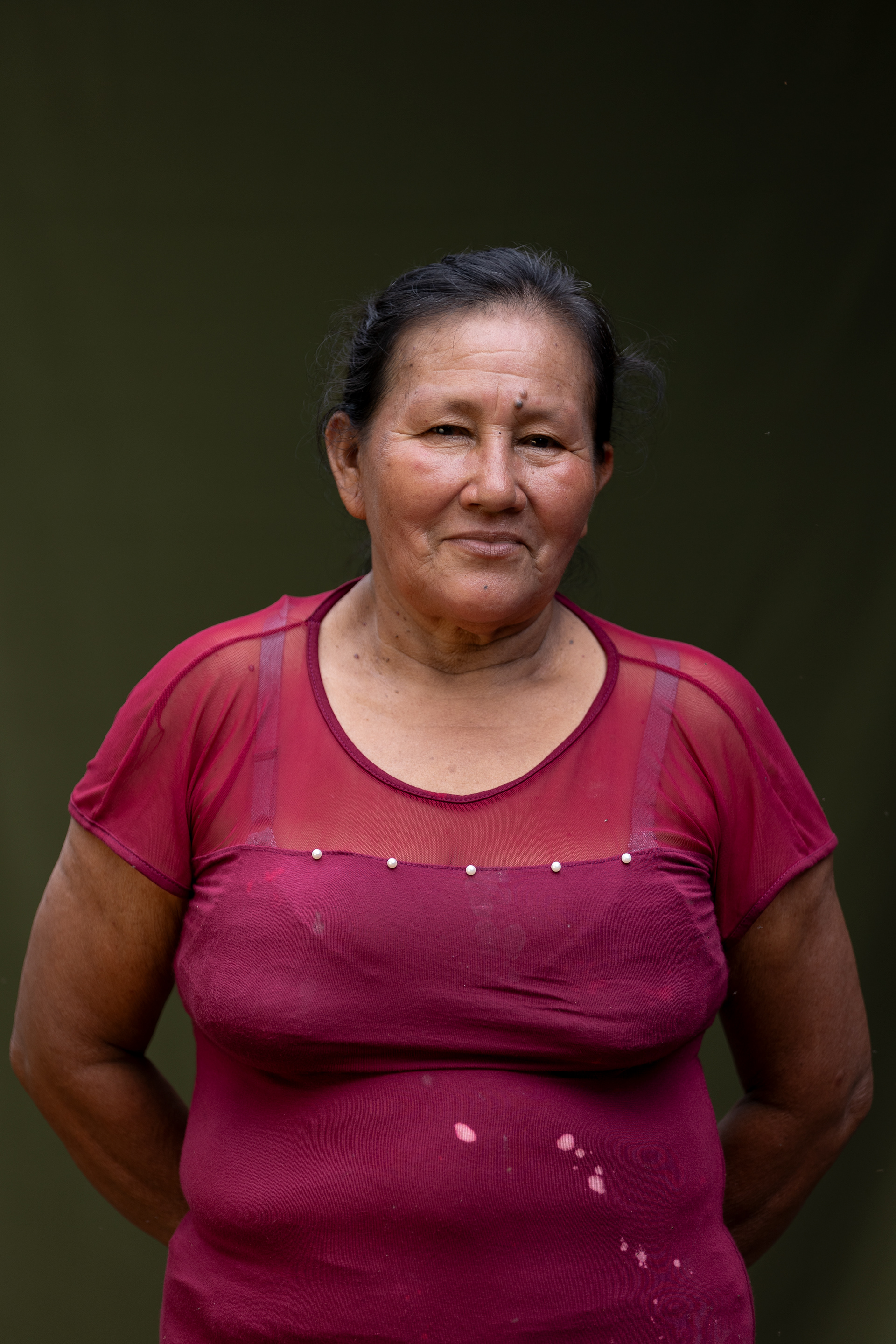
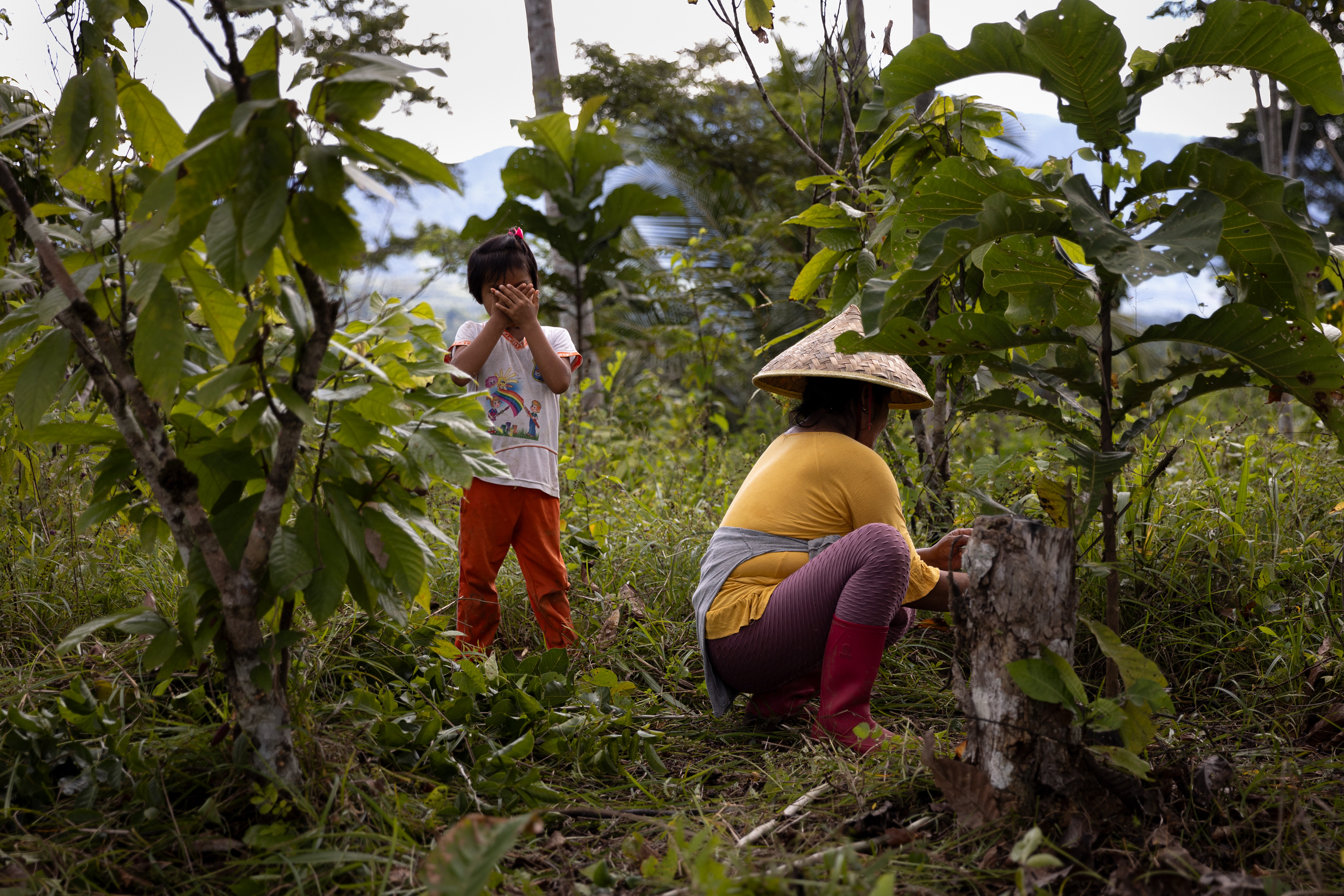
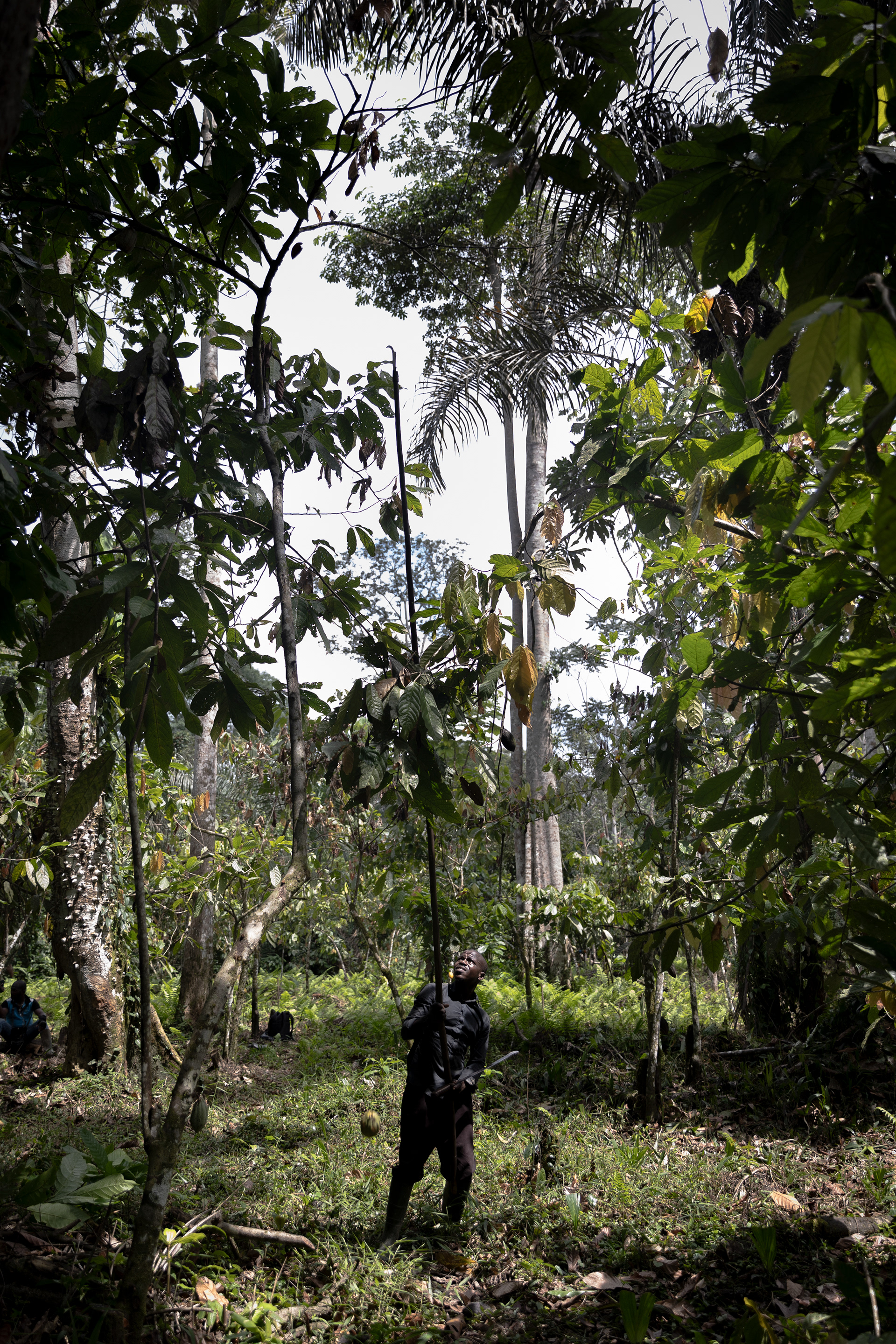
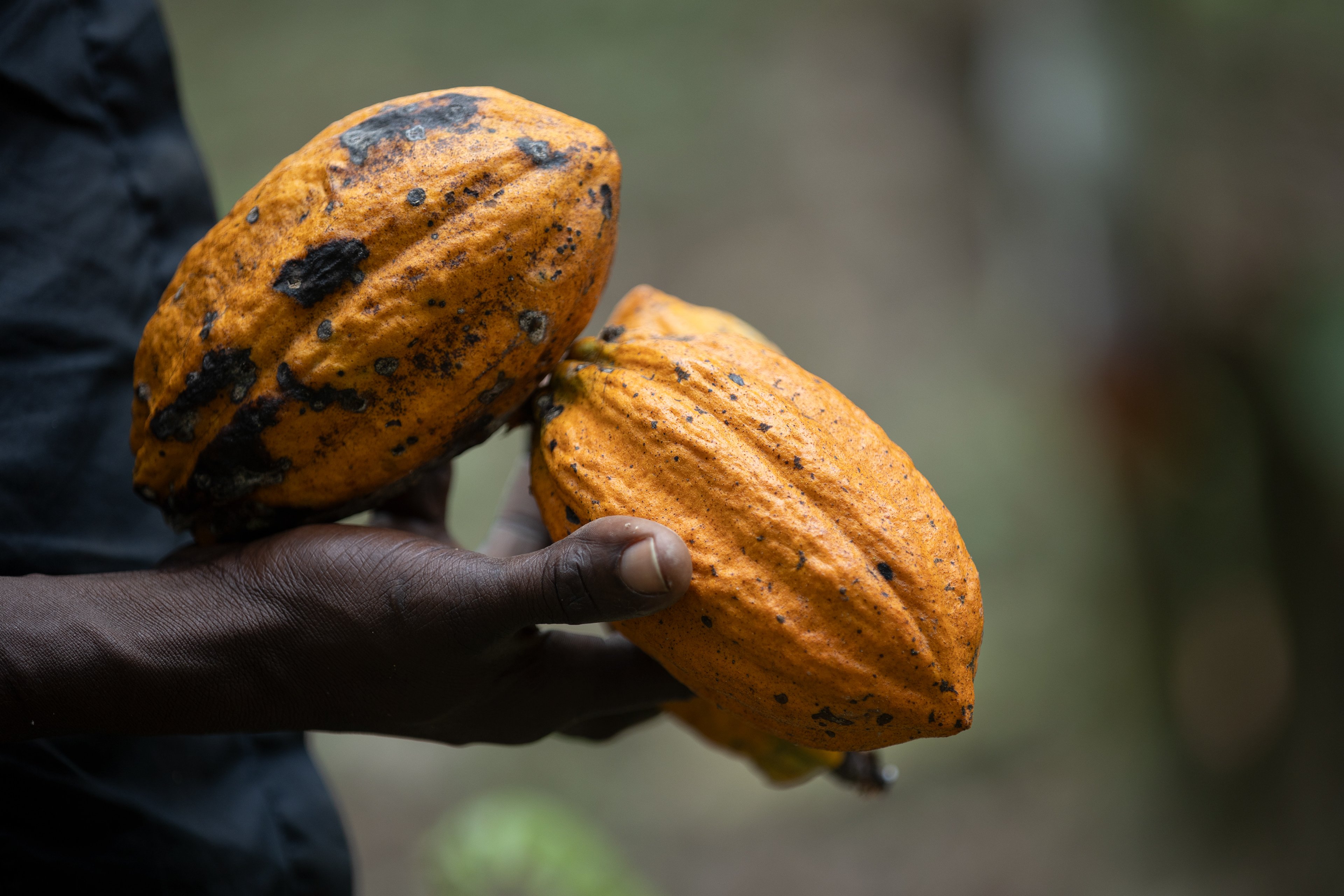
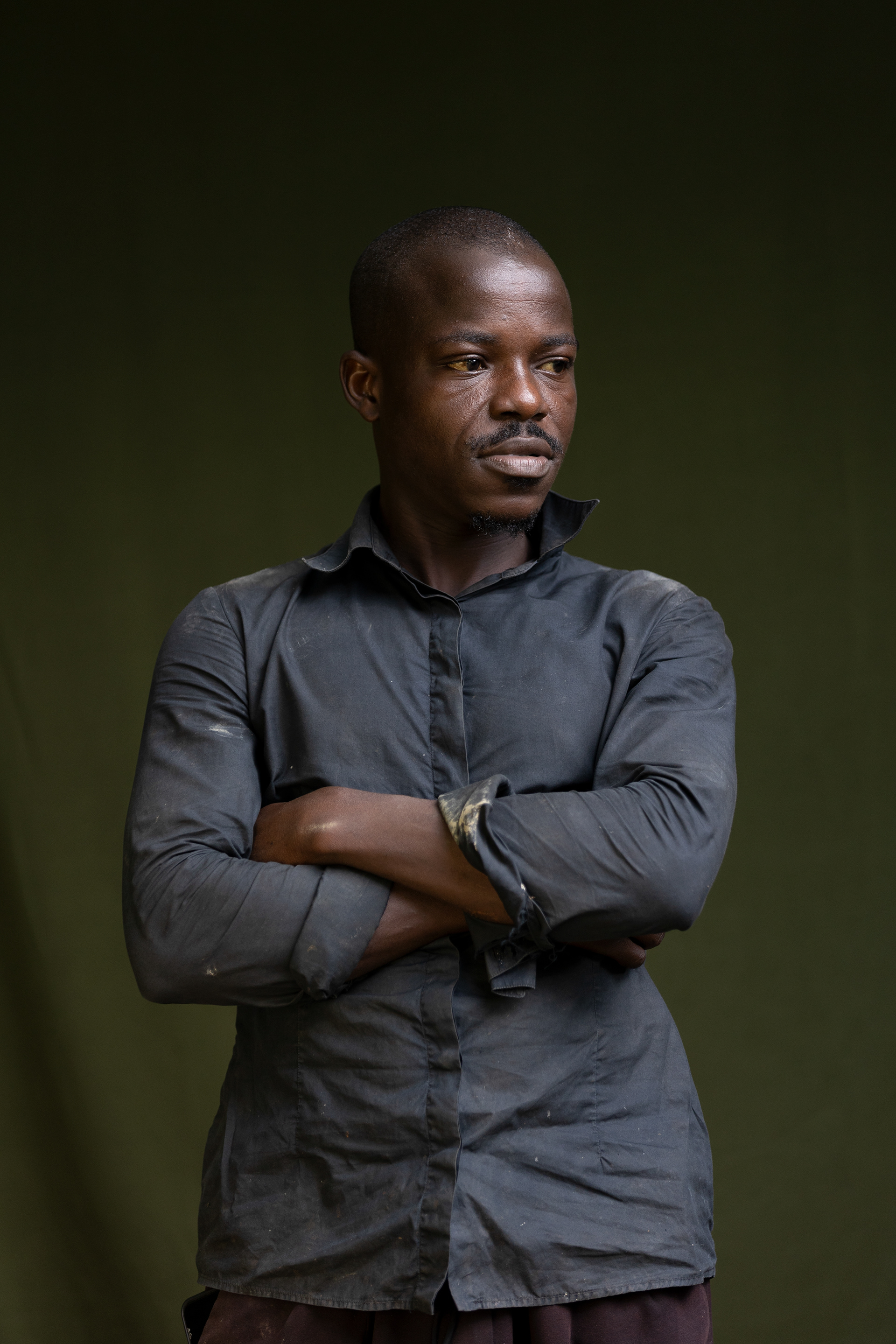
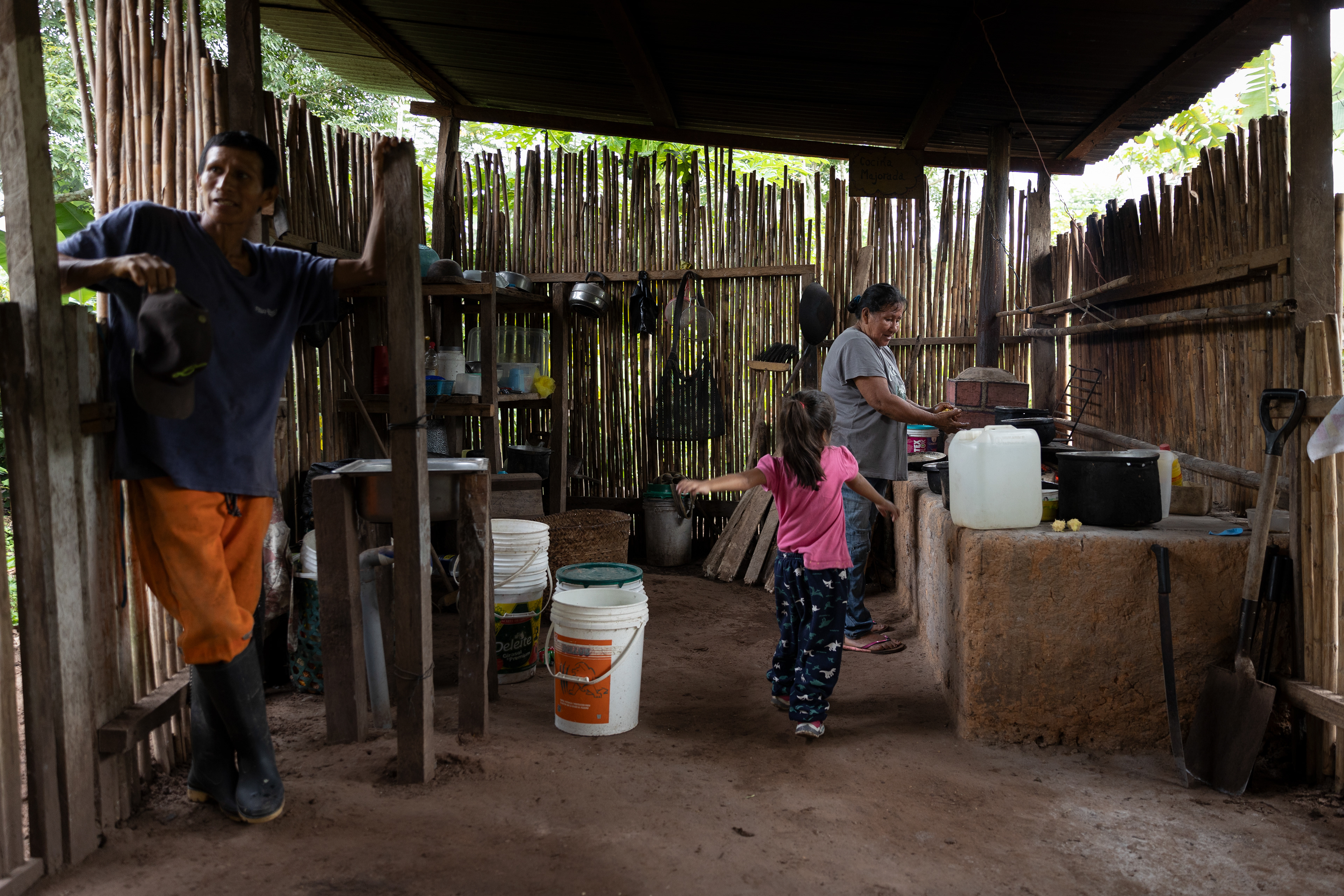
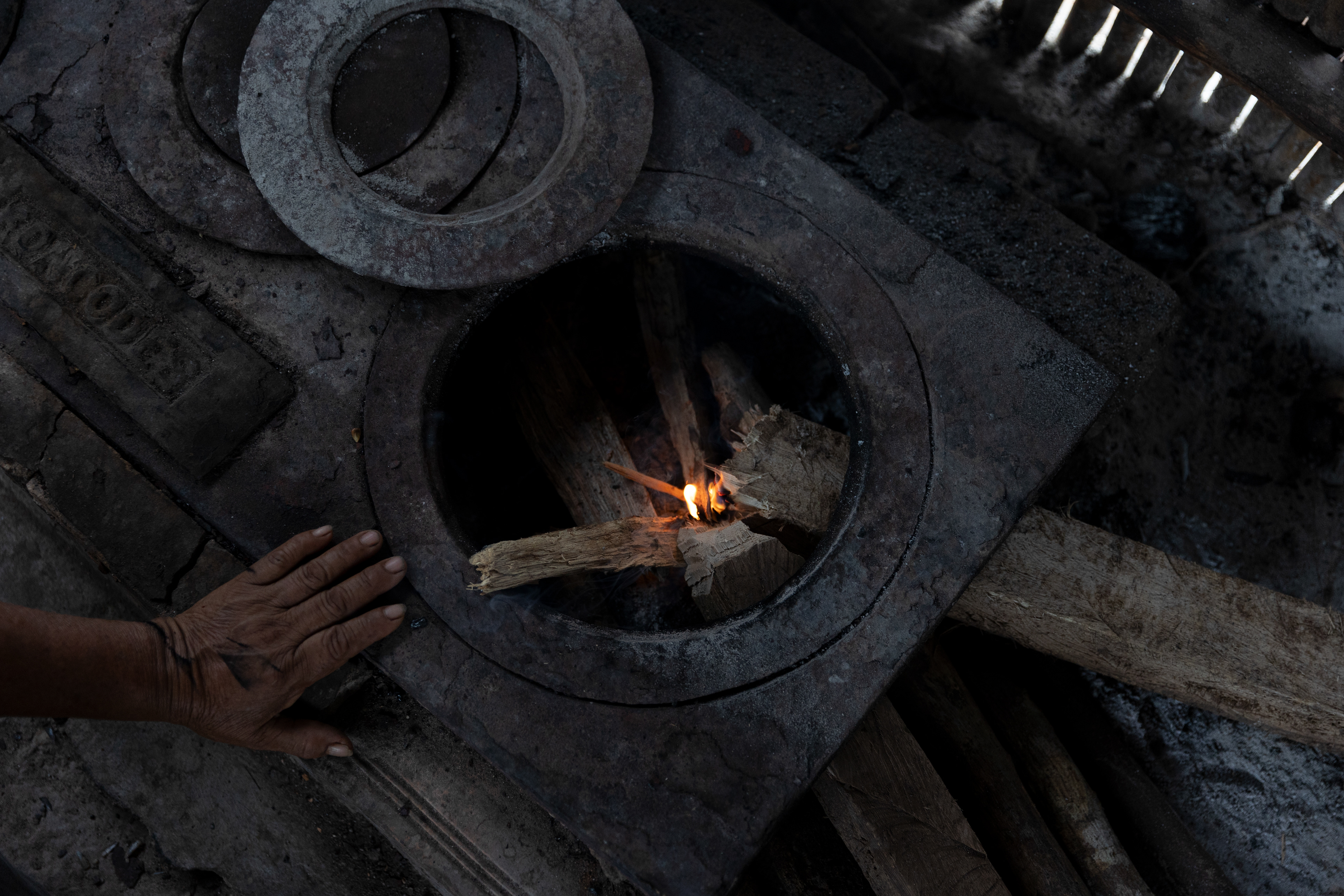
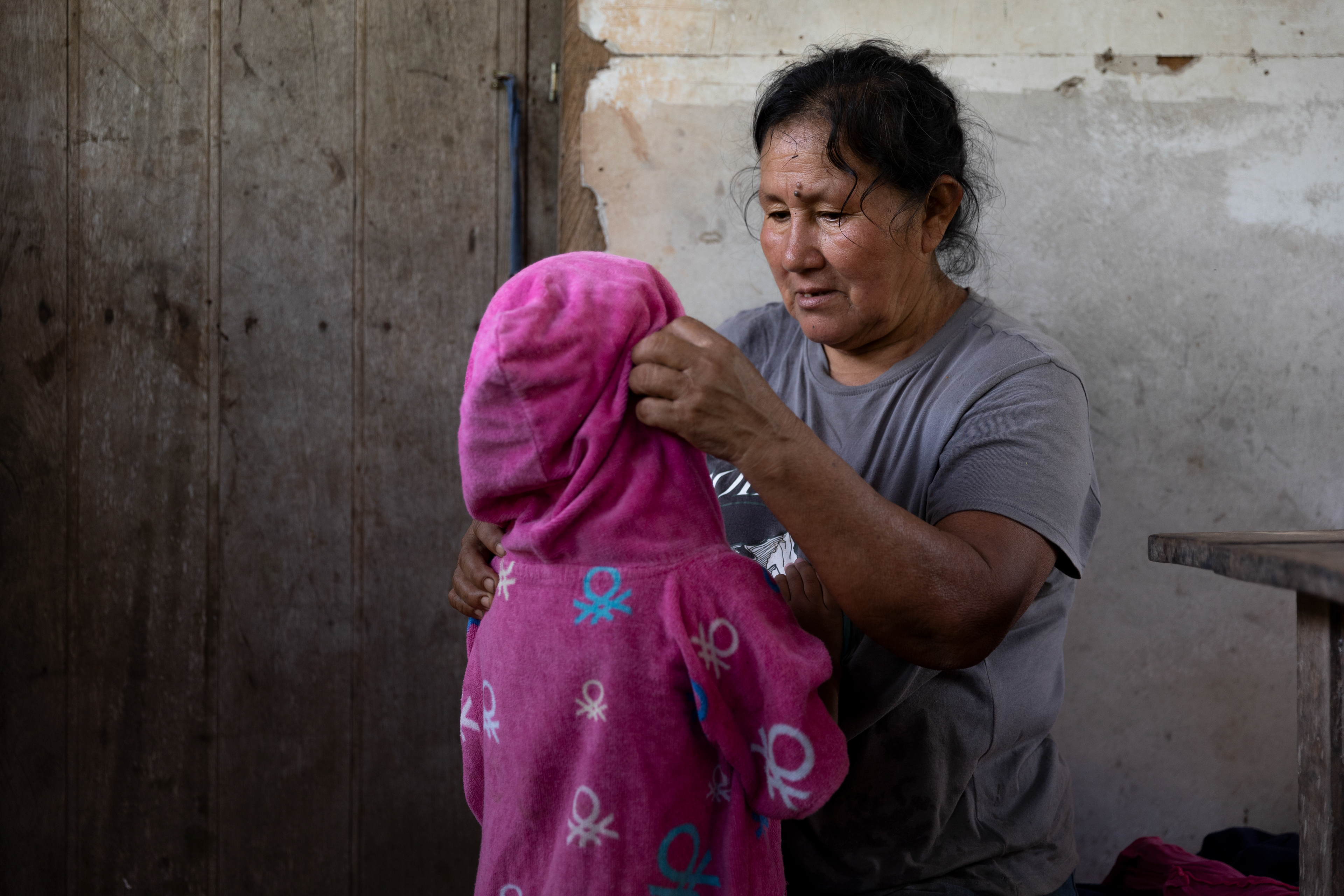
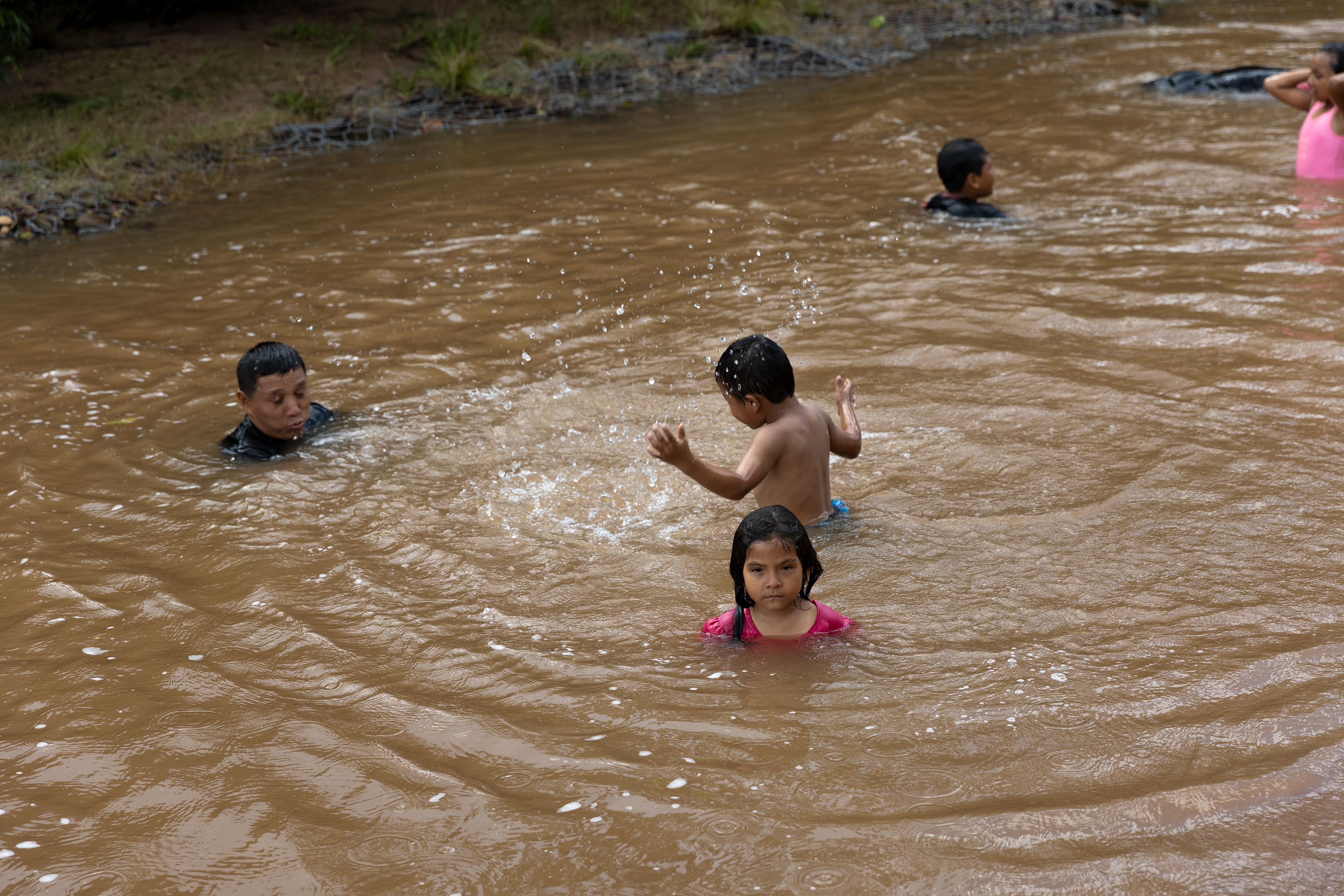
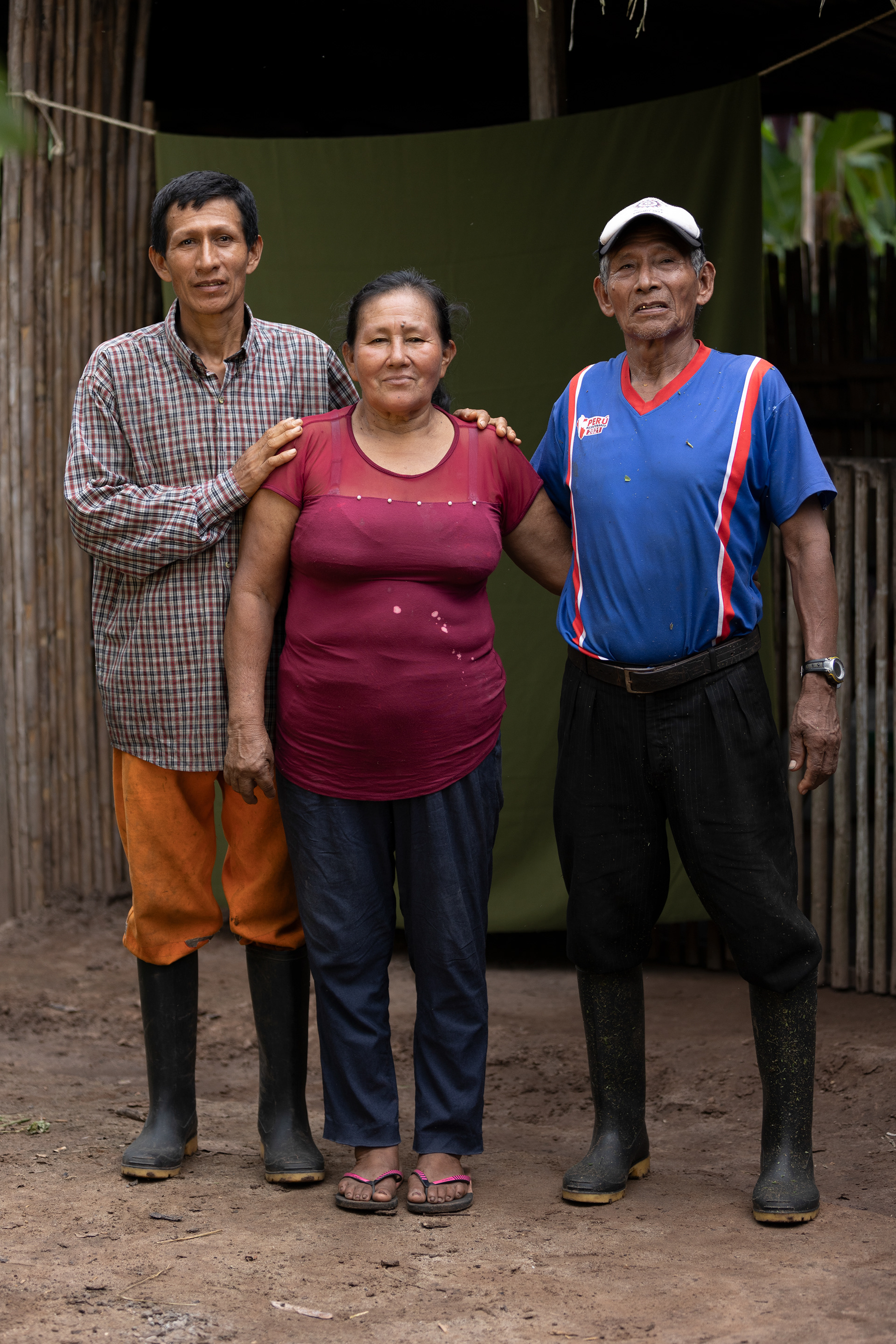
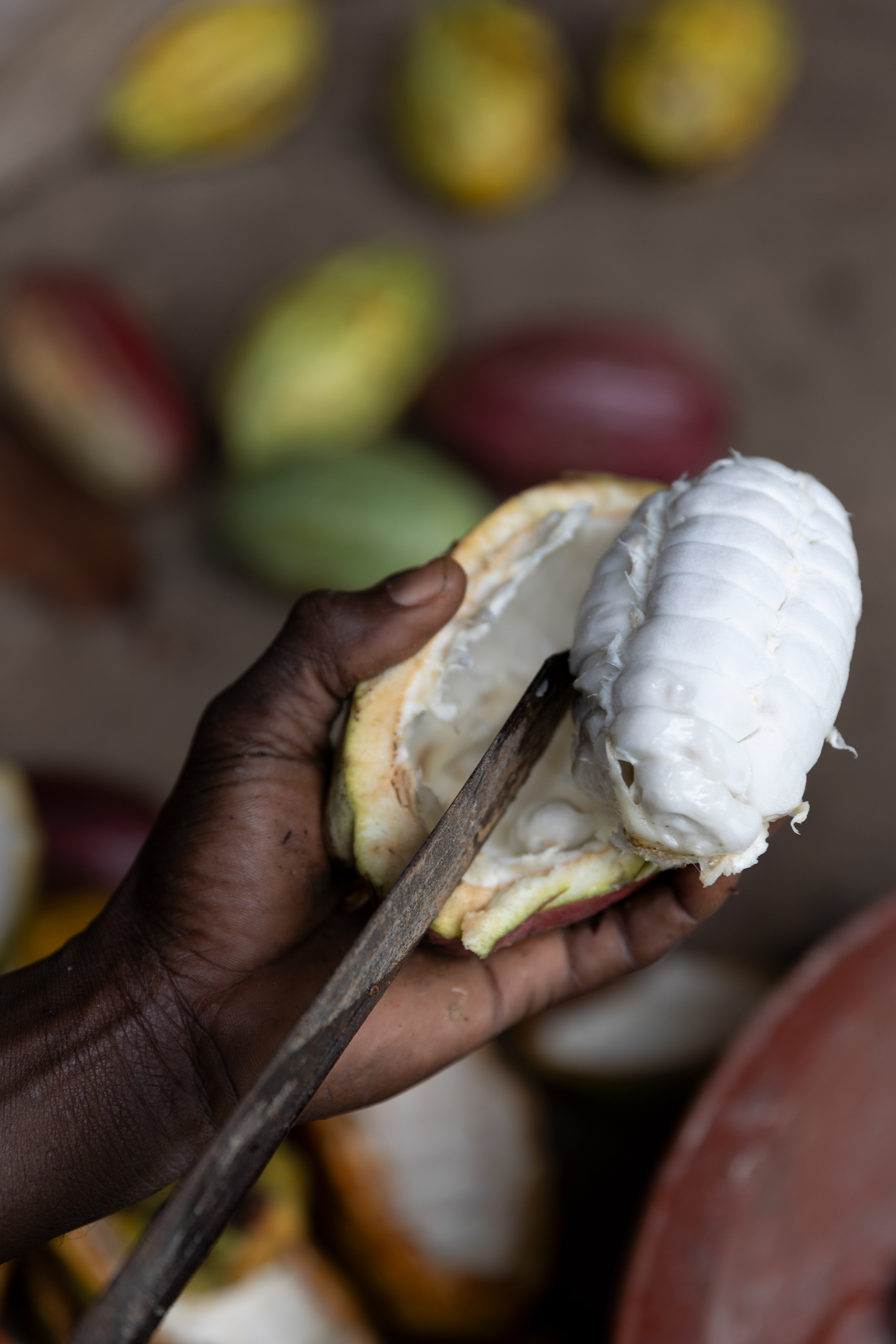
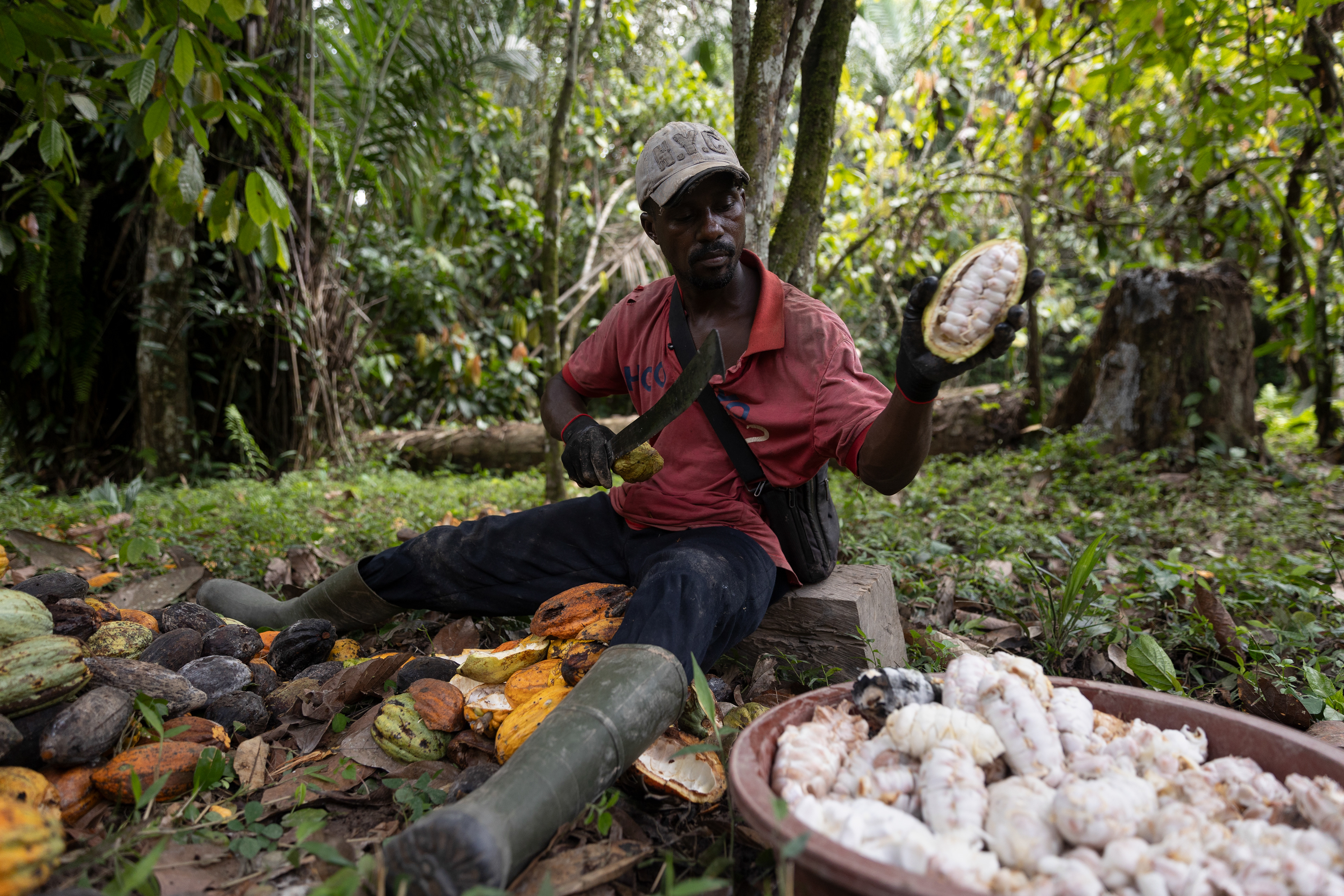
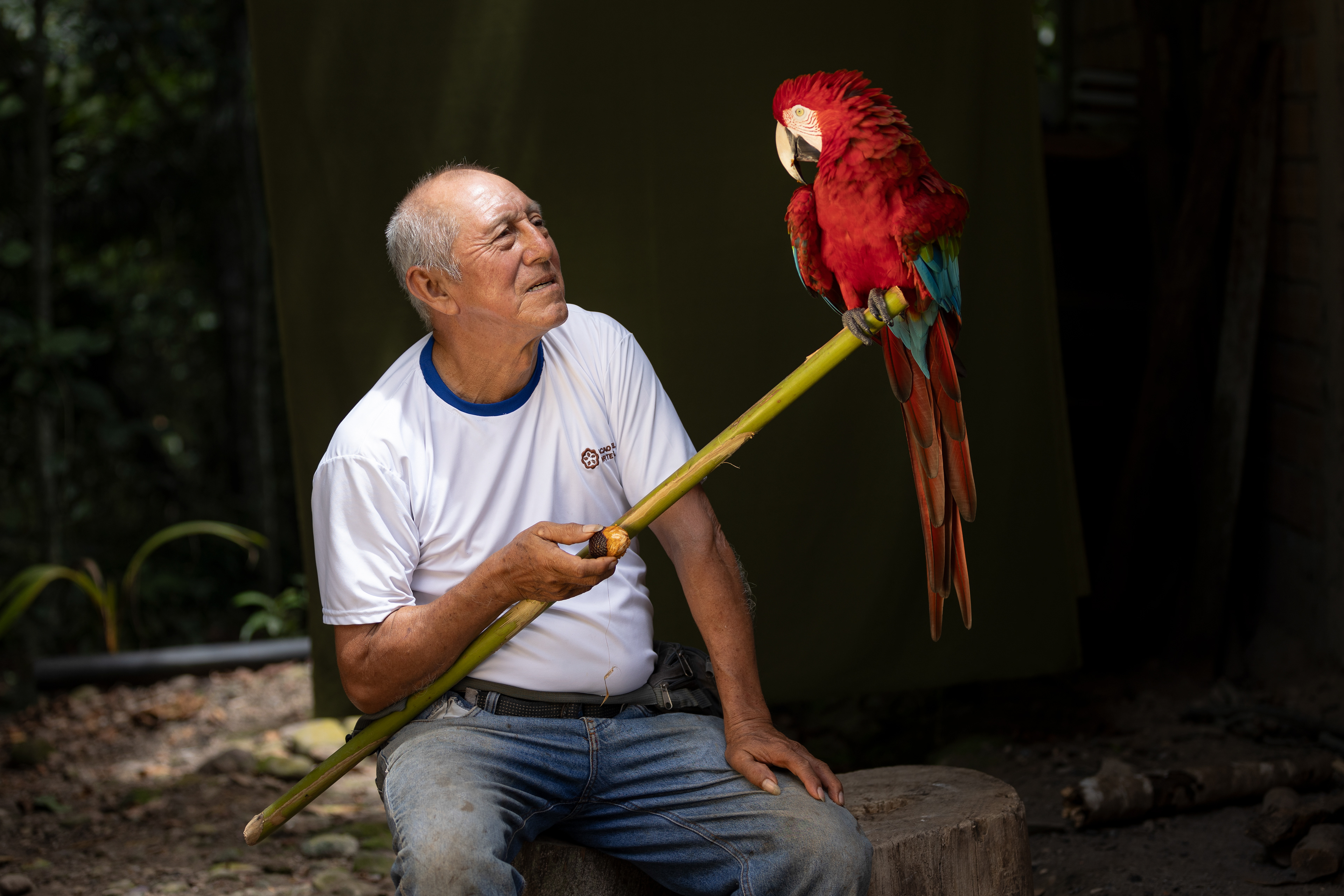
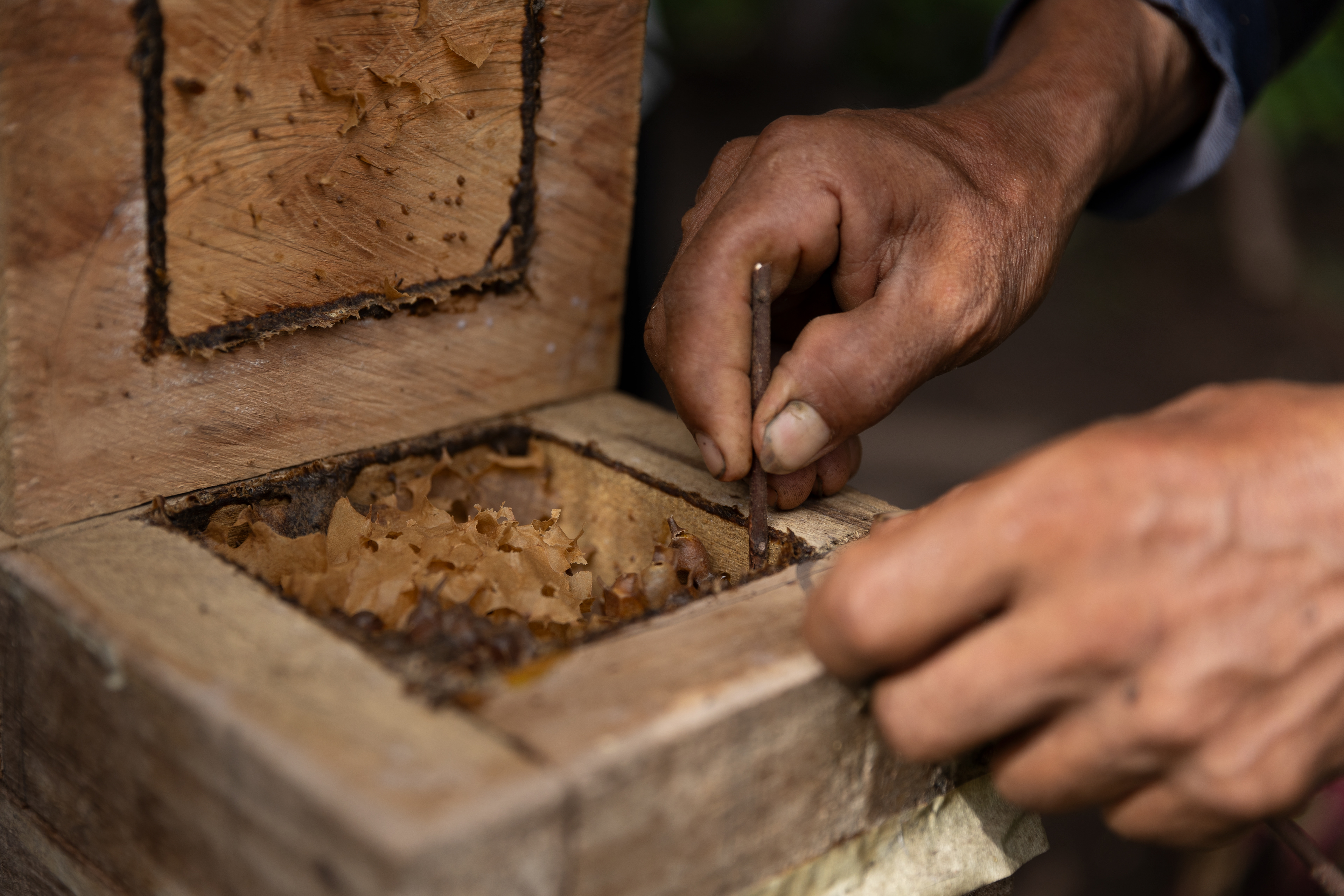
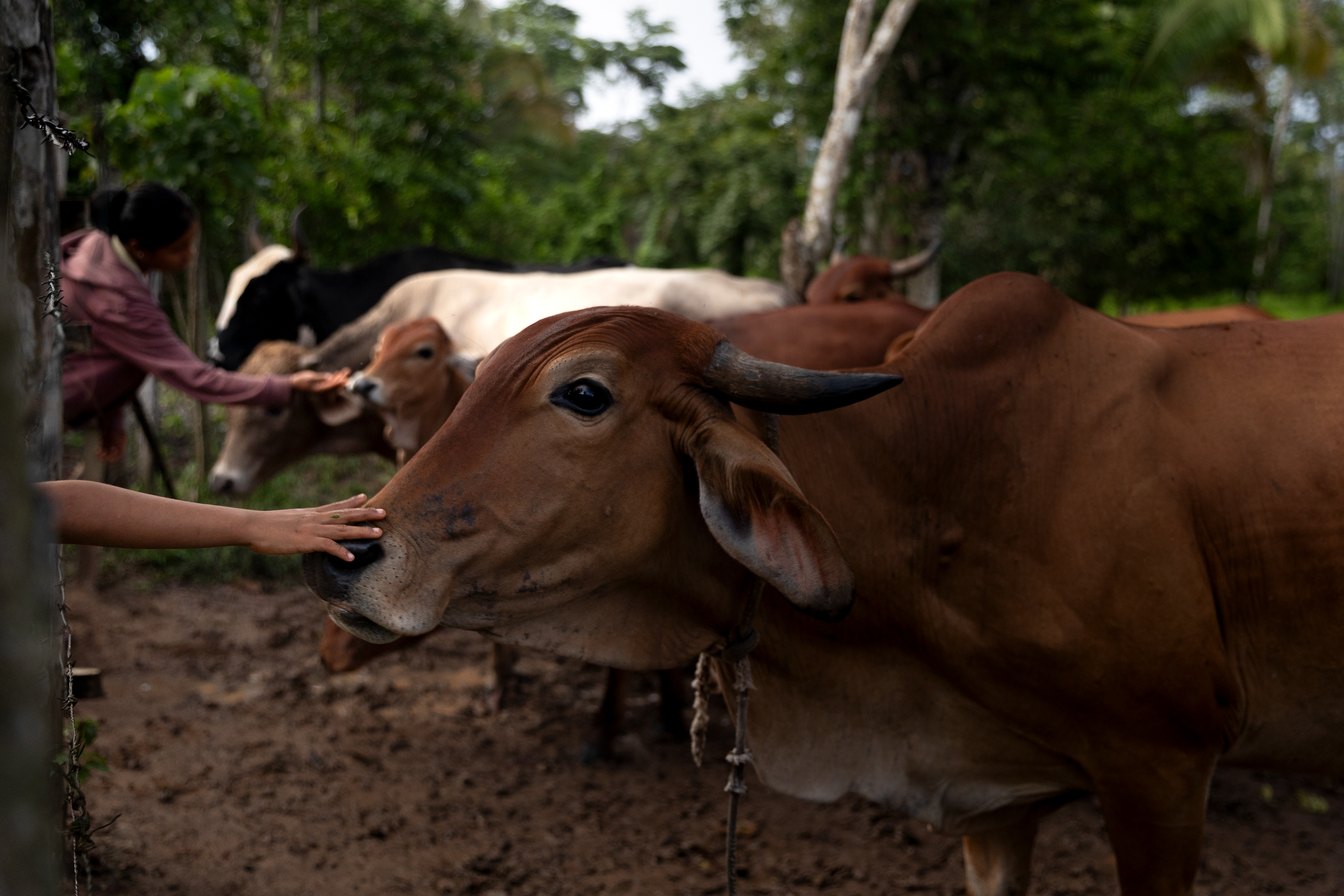
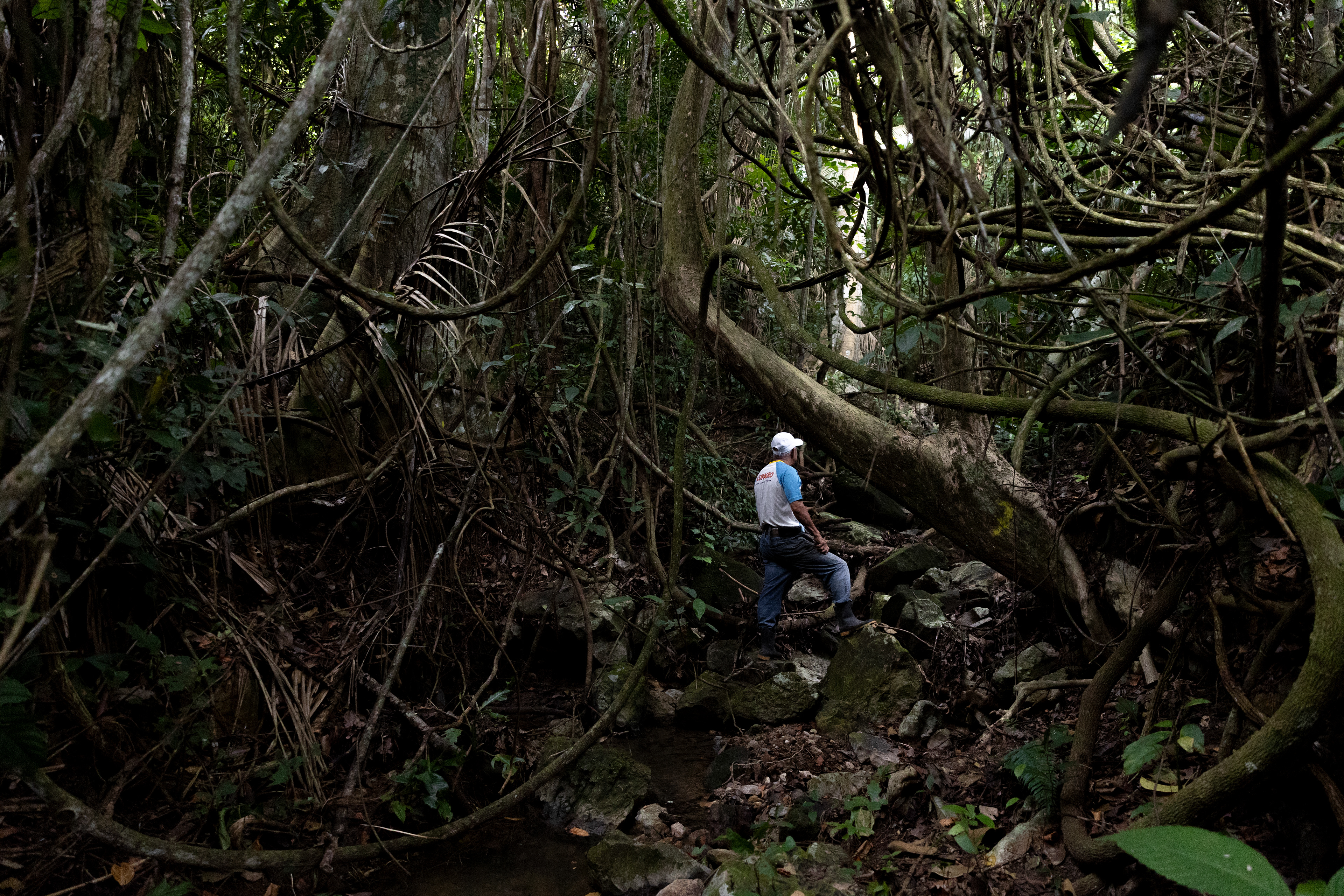
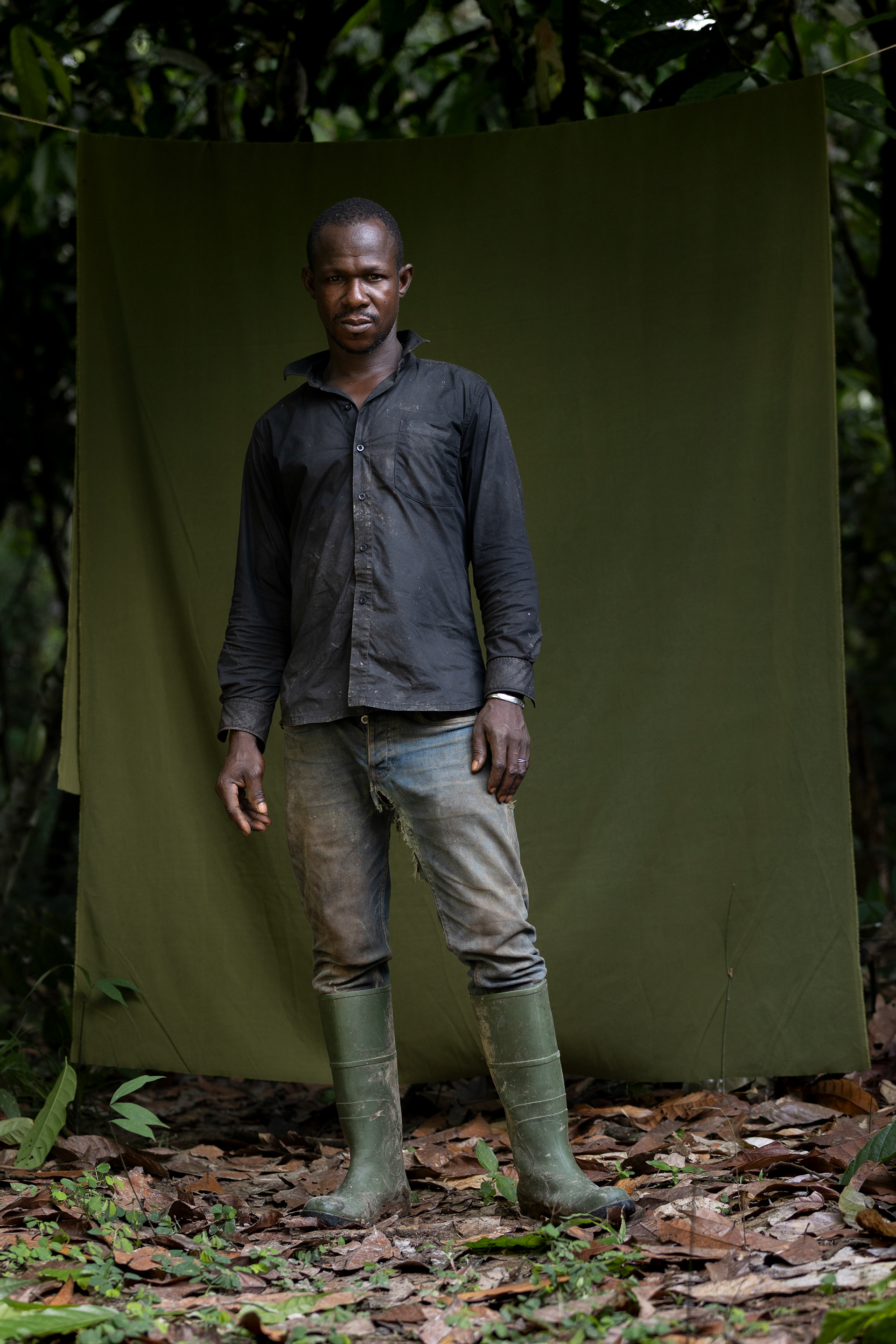
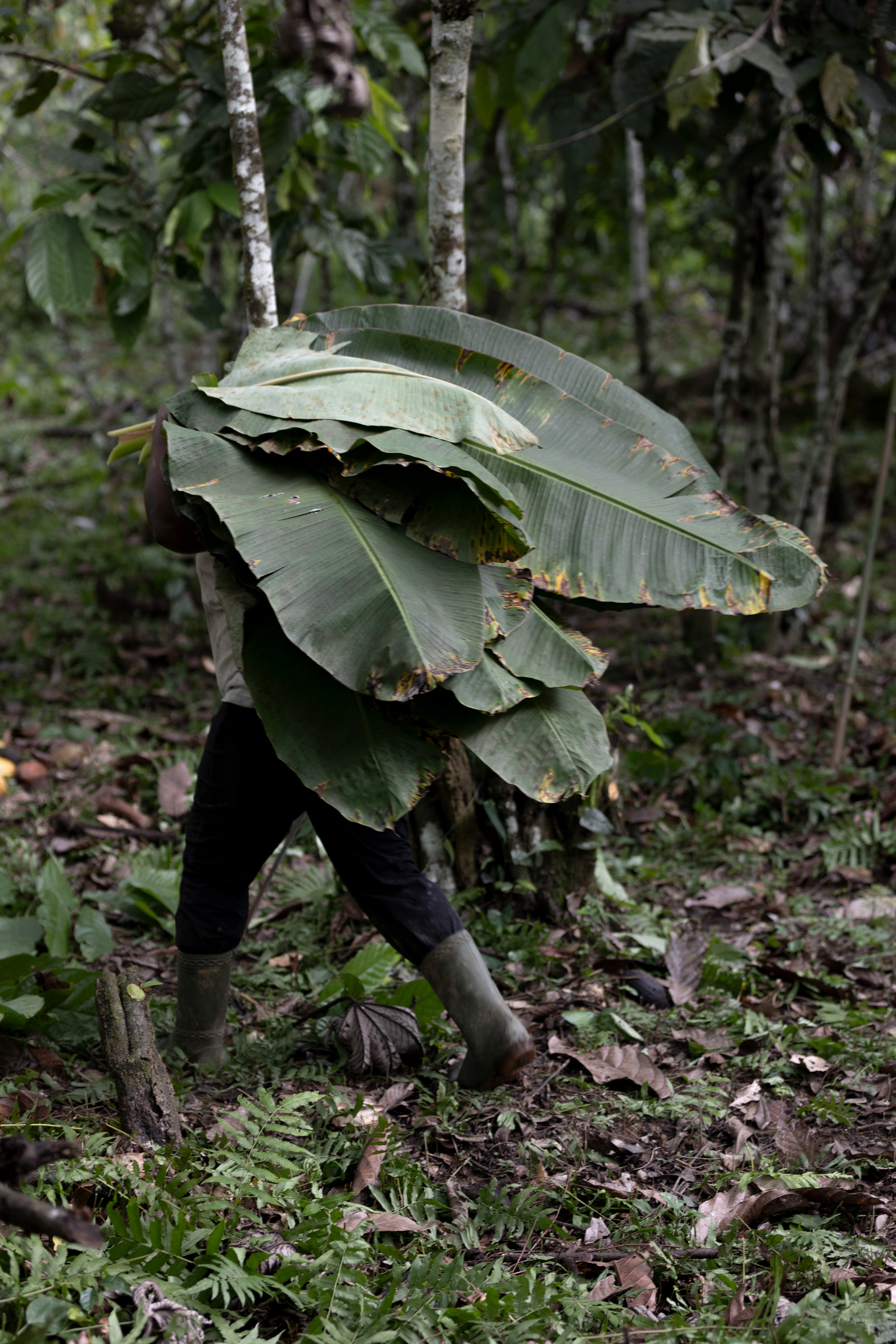

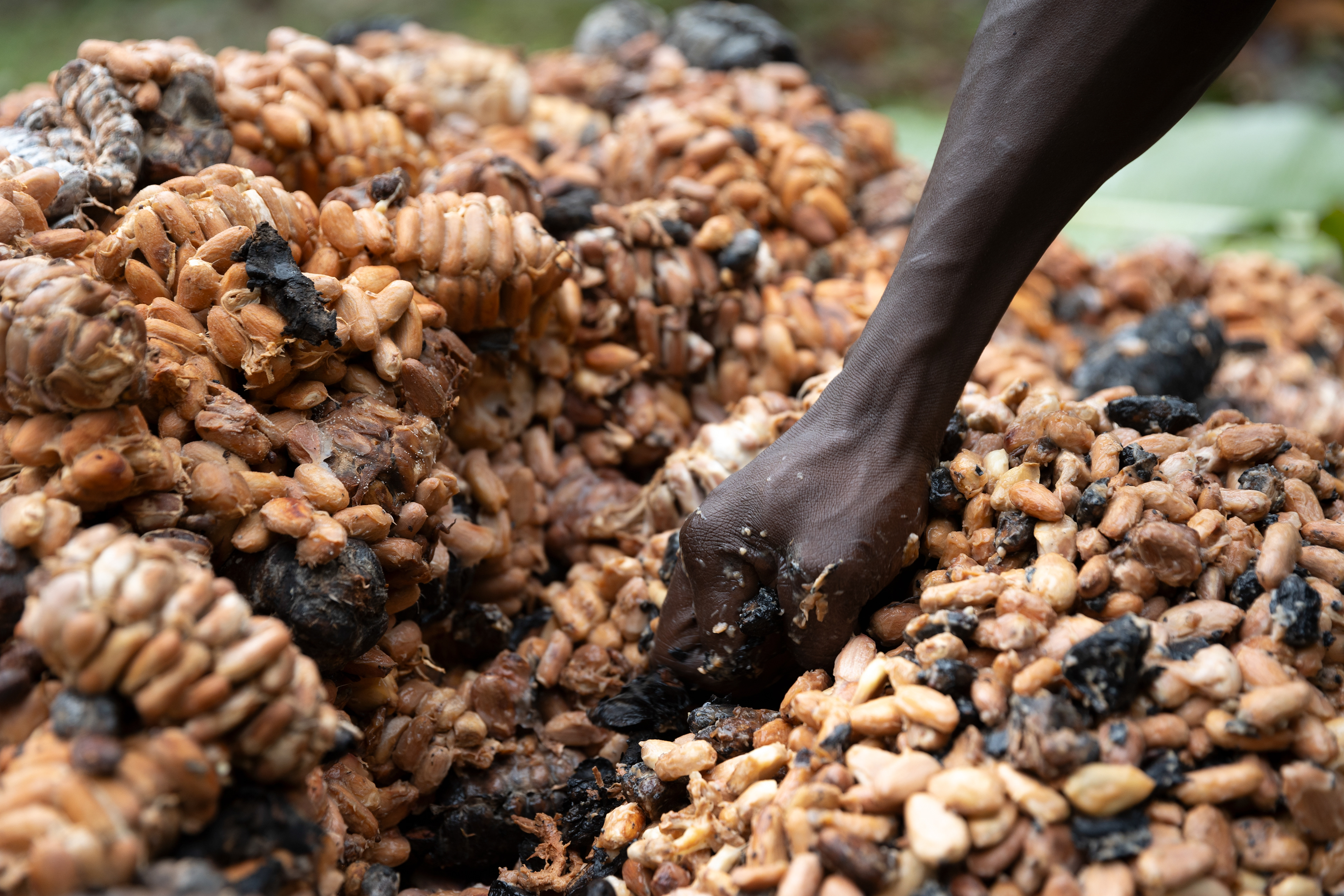
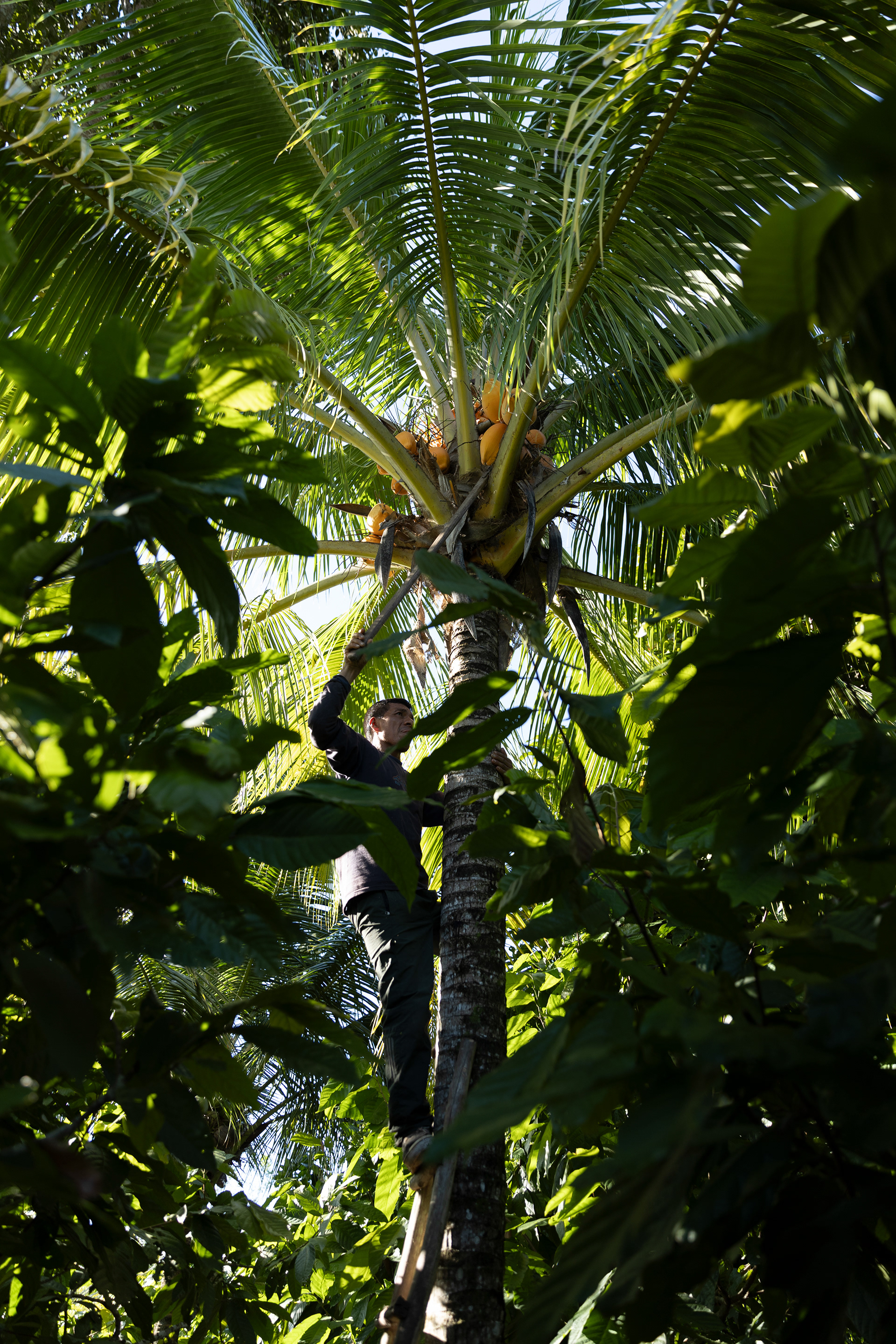

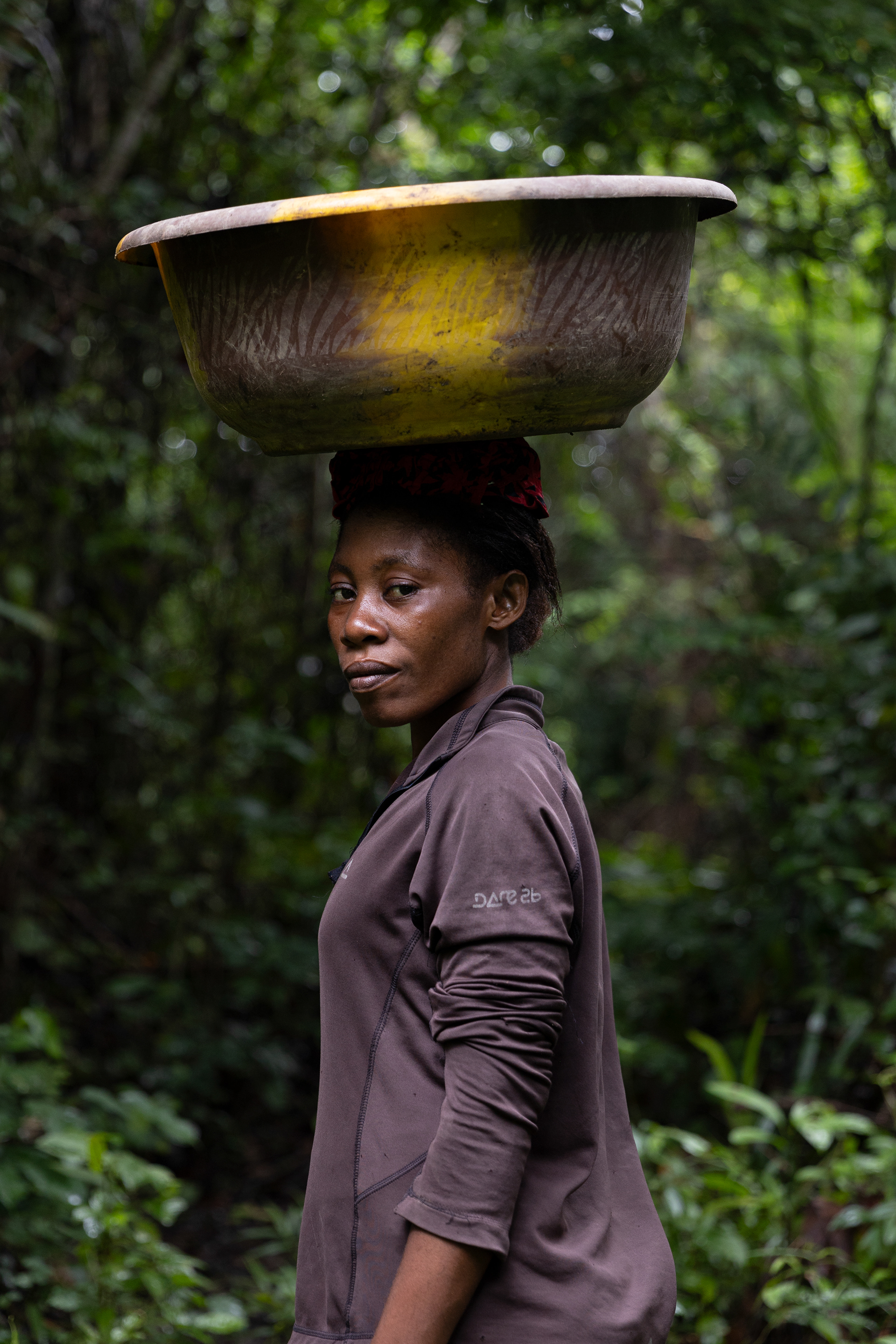
"Xocolātl," "bitter water" in Nahuatl. This work traces the complex history of chocolate, from its origins in the Amazon to its mass production in West Africa today. Originally consumed by the Amazonian elite 5,000 years ago and later introduced in West Africa by colonial powers, cocoa is now grown in regions where poverty is rampant, with over 70% of producers earning below a living wage. As cocoa prices skyrocket, the livelihoods of producers in countries like Côte d'Ivoire and Peru are increasingly under threat, despite their critical role in this multi-billion-dollar industry. This price increase is not the blessing it appears to be; it reflects declining yields driven by climate change and soil degradation. While some producers and cooperatives are turning to regenerative agriculture to address these challenges, the structural inequalities within the industry persist. This project invites viewers to reflect on the socio-economic and environmental issues behind the chocolate they consume and asks: can we, as consumers, foster meaningful change for a more sustainable and equitable future?


































